Moments of reflections, lots of laughs, again moments of reflections and again lots of laughs.
This was the experience of interviewing Kelvin Harrison Jr. for our April Cover Feature. An honest interview, with no filters, about his last film “Chevalier”, in theaters from April 21st, where Kelvin plays the title character AKA Joseph Bologne, Chevalier de Saint-Georges, an 18th century French-Caribbean violinist and composer whose great work and life achievements were almost forgotten for three centuries and that are now being brought back under the spotlight, receiving the recognition that should have never been taken away from him.
From rockstar moments put into the perspective of 18th century France – the opening scene deserves a standing ovation – to the ways in which Kelvin identified with Joseph, to the many biopics he has starred and is about to star in, even though now it’s time to take a break from this genre… until he won’t, we have discovered an actor, a person who will go the extra mile to protect the performance and have the (creative) freedom everyone deserves.
What makes him laugh the most will leave you giggling for a while, but then again the change of mood is right around the corner on what consideration means to him.
What was your first reaction after reading the script of “Chevalier”?
I think I was just blown away.
It was a really beautiful story with so many epic scenes, like the battle at the beginning – that’s a really cool interpretation of what we understand to be rockstars and to put it back in the perspective of 18th century France. That was really cool, so I was really sold on how Stefani [Robinson] was attacking the subject matter; and then, just look at the beauty of relationships and the wisdom that she spilled into the film through Nanon’s character and the story of Joseph in terms of how we get back to a place where we truly feel we are seen and used to the fullest of our worth. That was really powerful to me, so I dug it in.
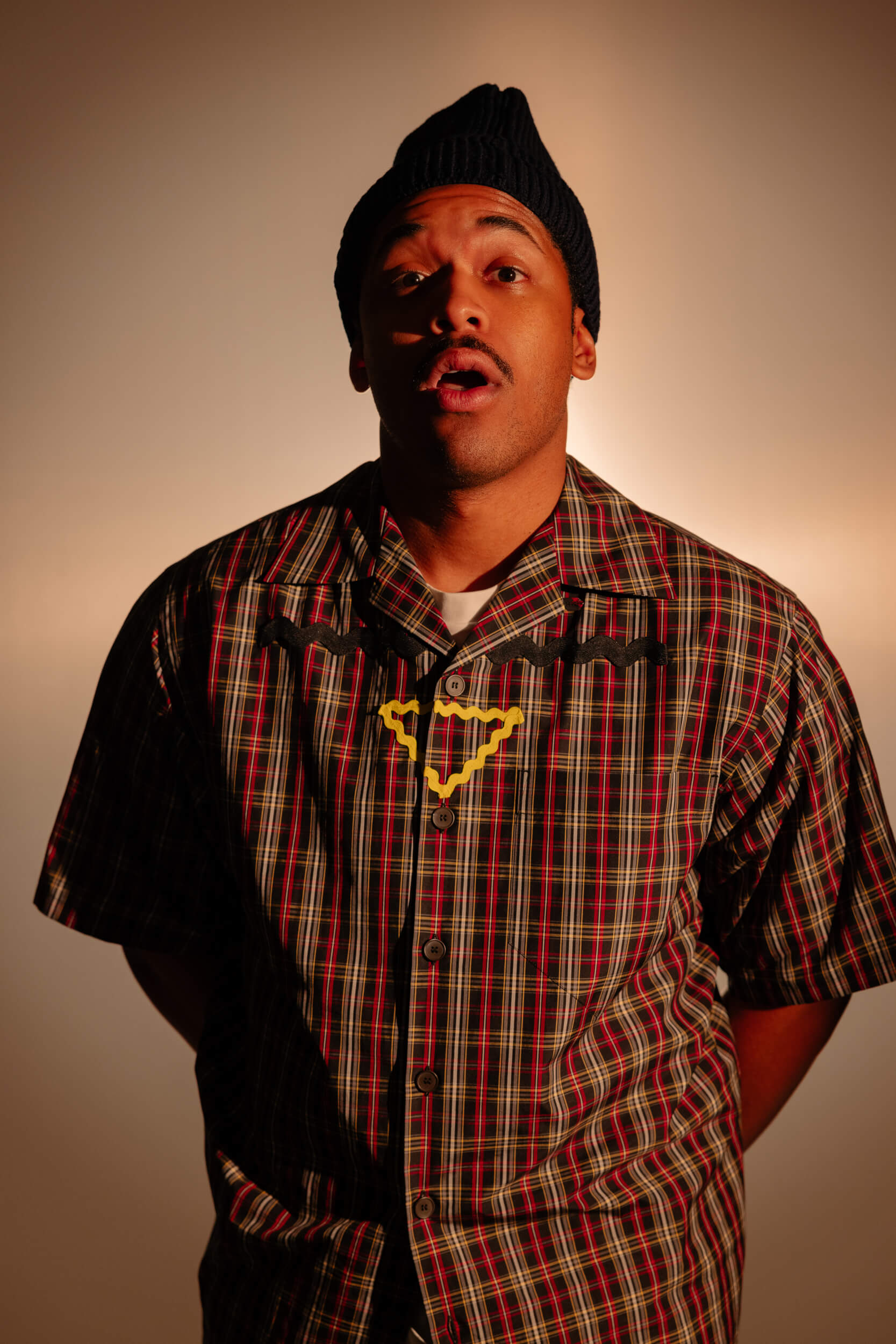
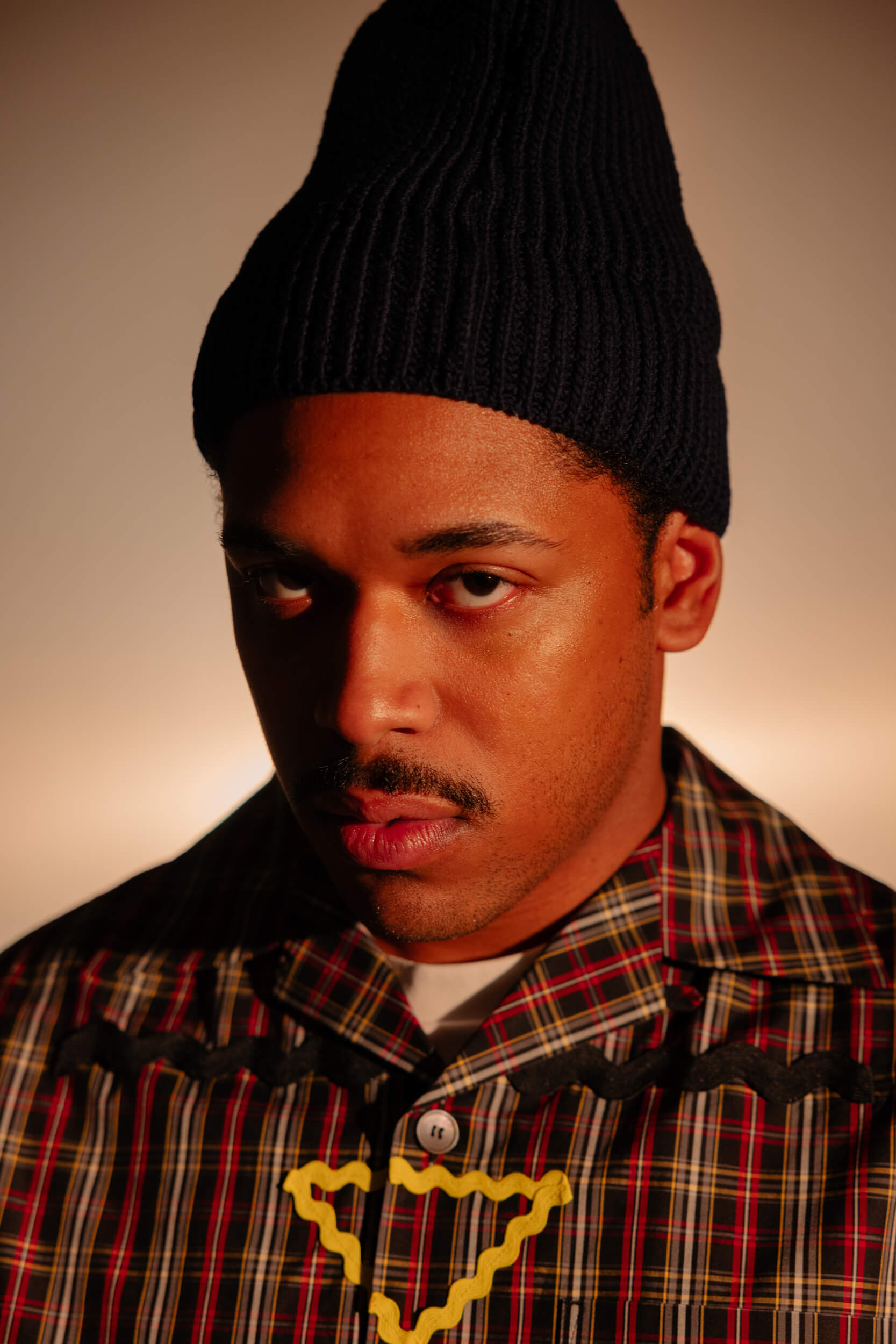
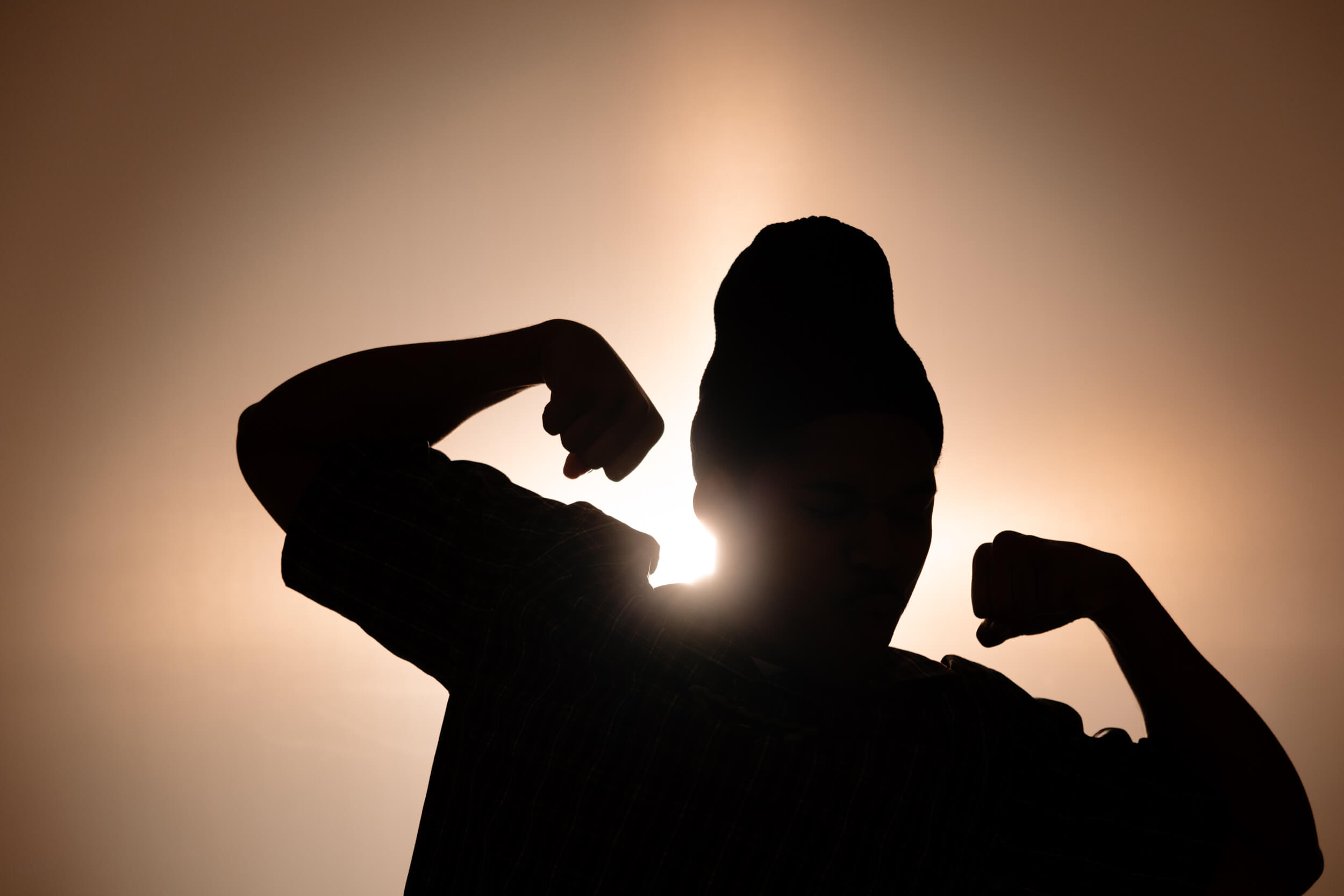
Do you remember the first question you asked the director?
Something like, “Why do YOU want to make this movie?” [laughs]
I’m always curious about what directors have in mind because I think it’s cool that they want to come onto it, but I have my version of what I think makes this special and I also want to know what makes it special to them because if it’s nothing personal, then maybe we shouldn’t be doing it. Stephen [Williams] had a really beautiful response that I don’t remember anymore [laughs], but I felt like it was coming from his personal experiences, his childhood, who he’s become as a man, as an artist, and I thought that was really comforting to have that, to go through this journey with him, knowing that information.
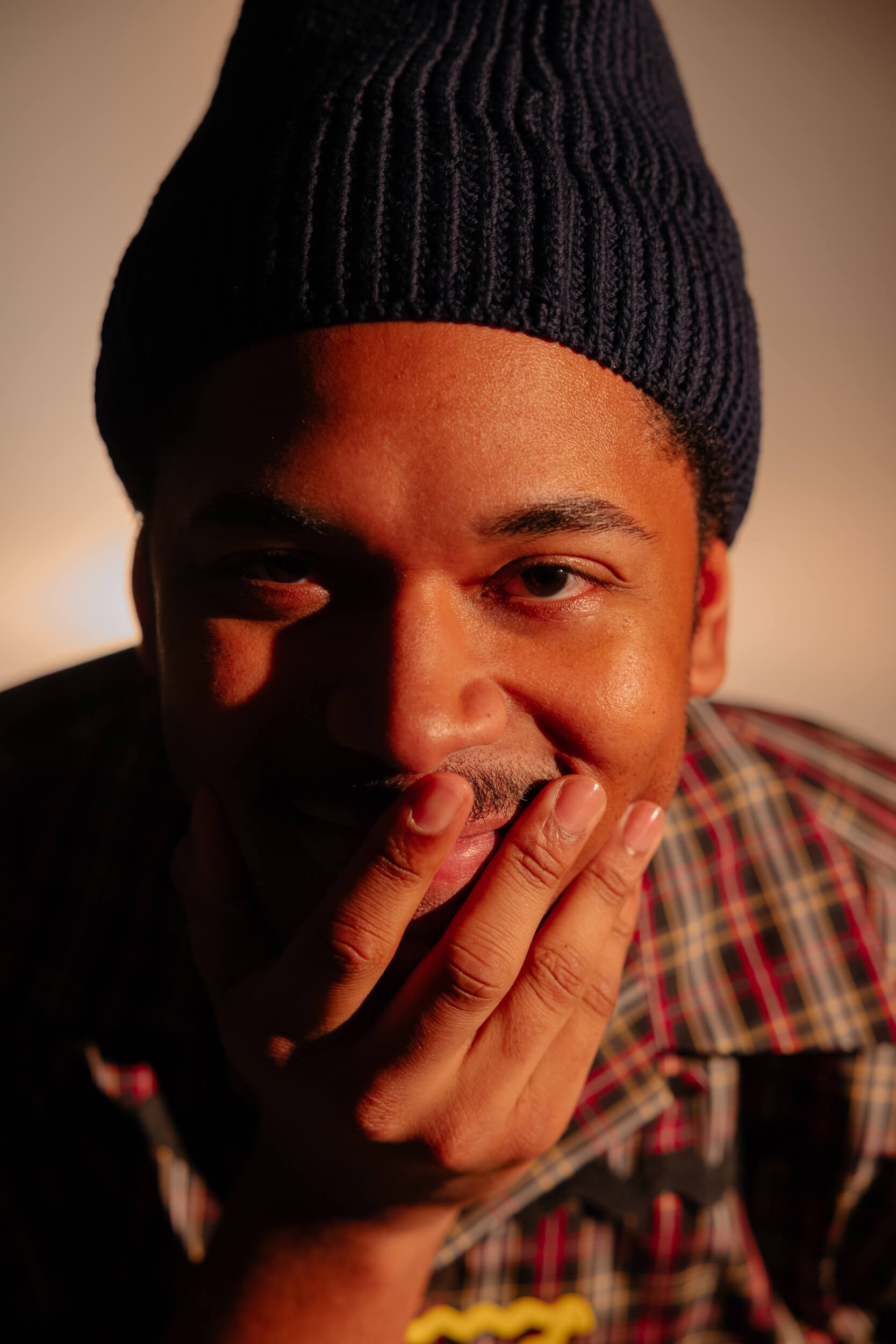
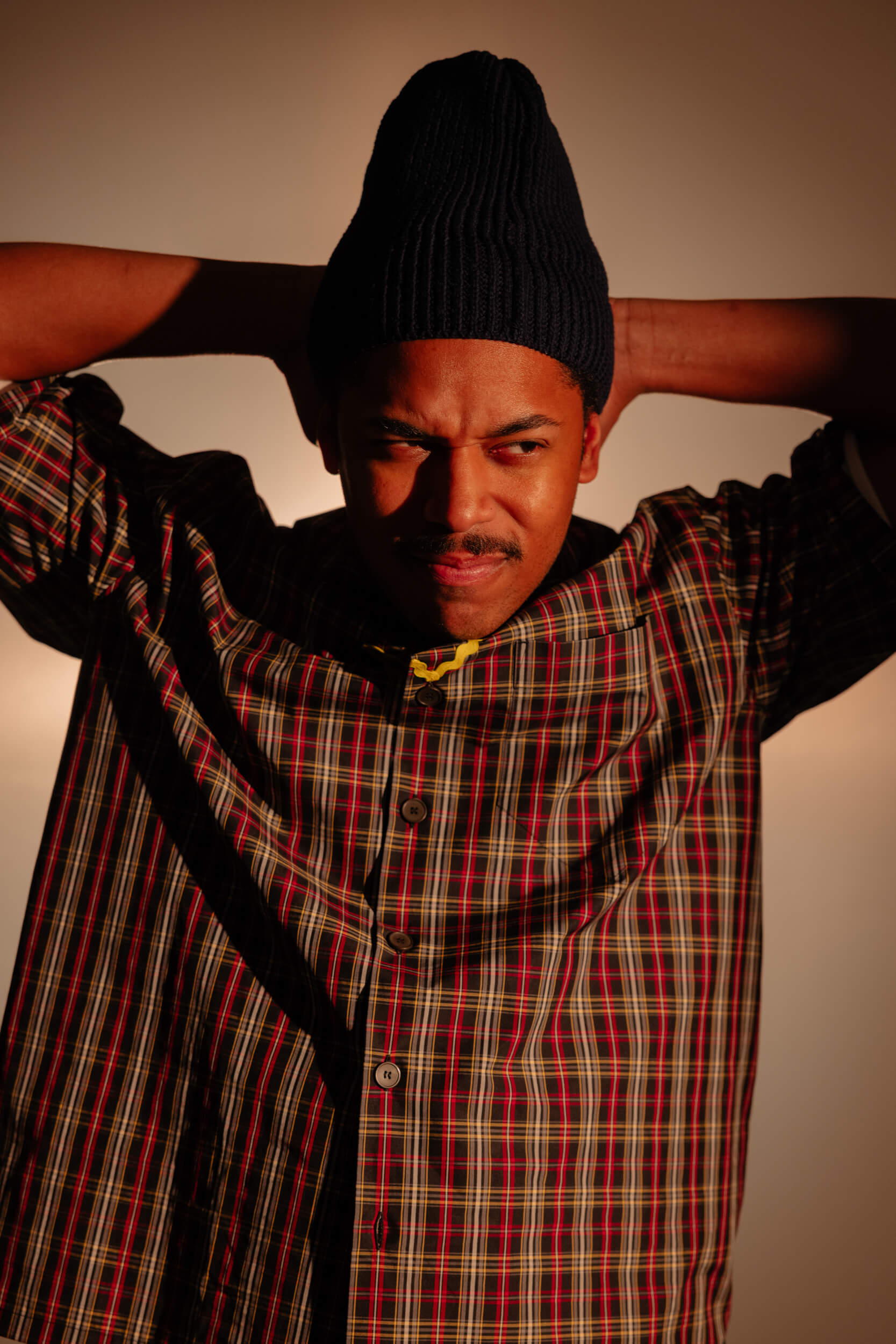
What was your reason for being in this movie, what made you say “yes” to this project?
I felt like I identified with Joseph in some ways.
There was a point in my life when I was really young when I was put in spaces where I was the minority most of the time, and I felt like I was on the defense, I felt like I was being attacked at times, and that I was being misunderstood, misrepresented, and ostracized for my differences; I didn’t have the language or the tools or enough agency, I felt, to be able to communicate in a way that would allow these people who felt like they had power over me that that wasn’t necessarily something that made me feel good. So, in turn, I became defensive, a little bit more egotistical, and a little bit selfish, and I think those elements of Joseph I understood where they were coming from, but I also understood why he was such a cocky little twit most of the movie.
I found it to be fun. I love a character where you almost don’t know if you want to root for them because they’re kind of slimy at times, but at the same time, if you can find the challenges and if you can really anchor that humanity and make you see them differently and think, “I love villains, I like to play evil protagonists as antagonists”, maybe that’s my cynical point of view sometimes, but that’s what I’d like to go for. It was an interesting challenge, I felt like I’d gone on a similar journey that Joseph did.
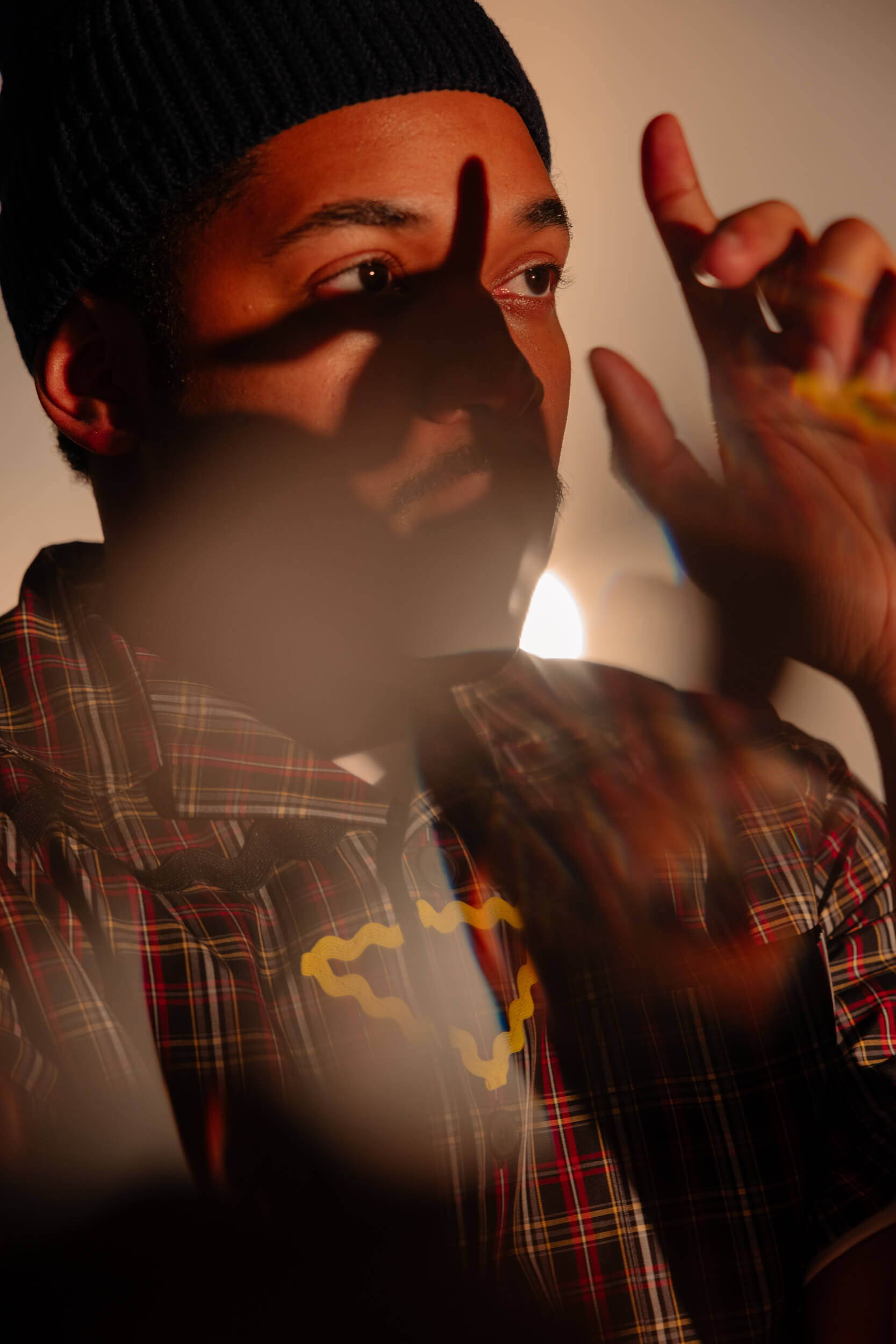
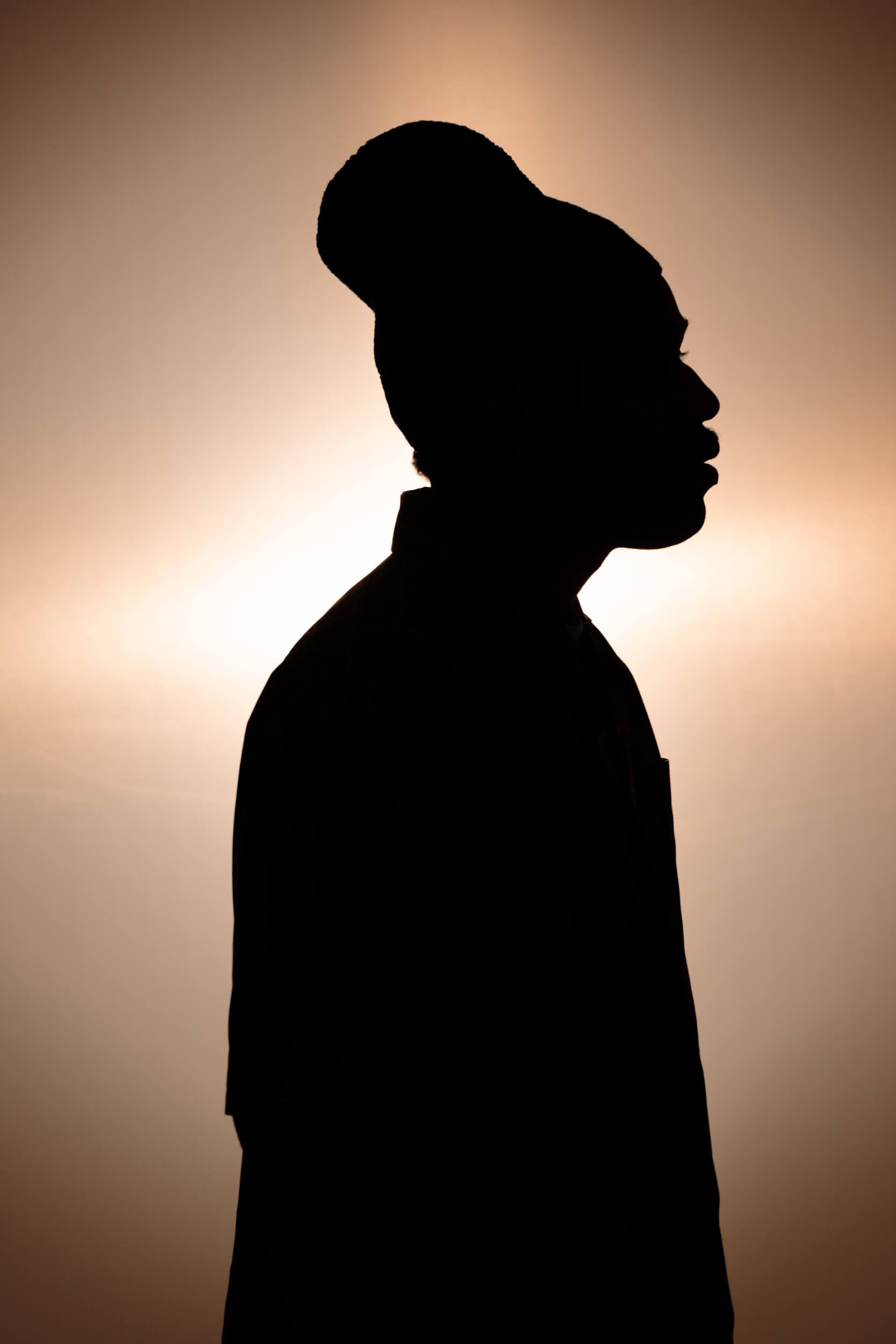
“I love a character where you almost don’t know if you want to root for them”
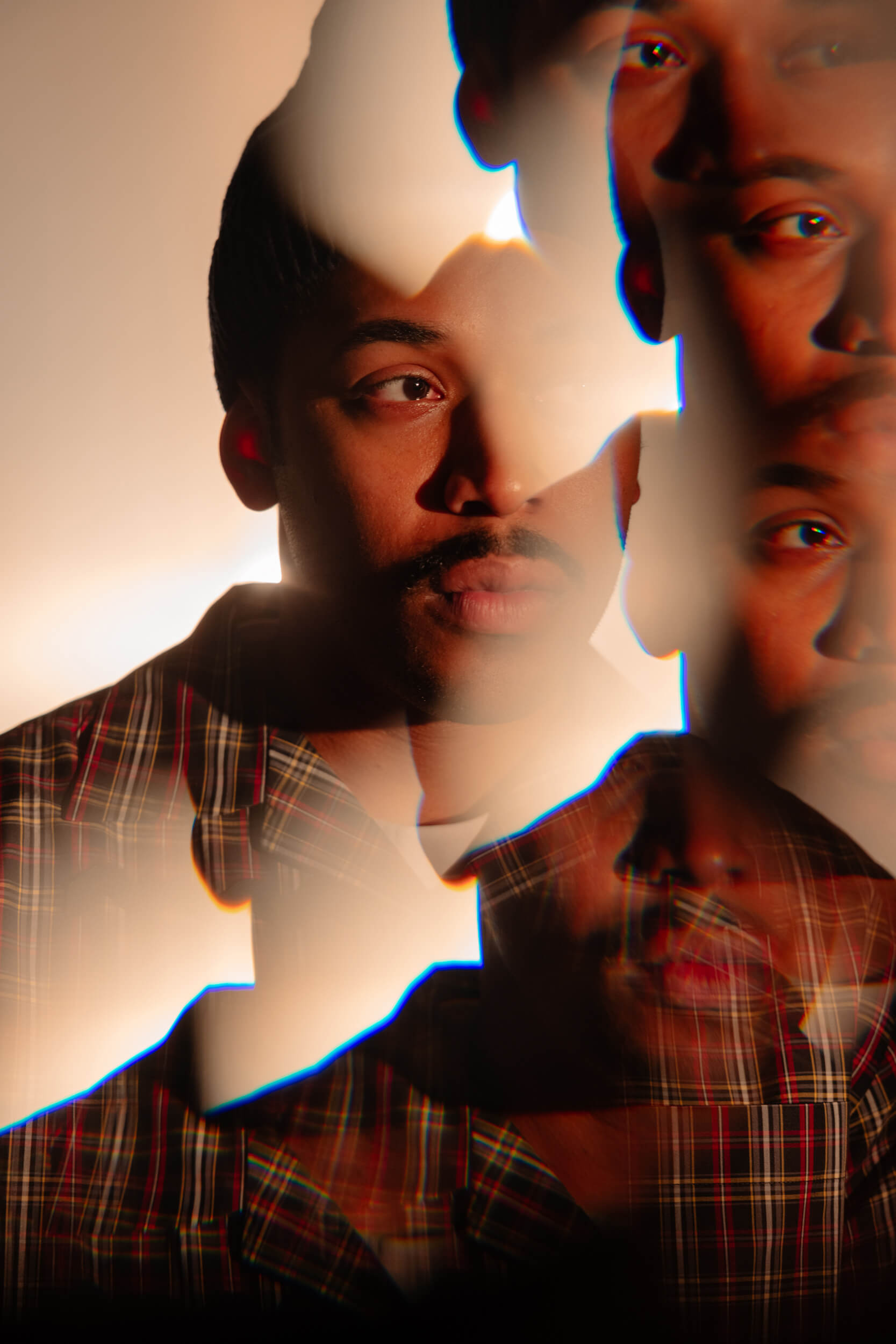
Over the years, the projects you’ve chosen to be part of have tackled strong messages and important themes, and I guess for you it mustn’t always be easy, so this is maybe what you look for in a script, this kind of connection. Joseph, for example, sometimes is a bit of a twit, but at the same time, you totally feel his loneliness, and the power people have over him but he strikes back and he does it really well – and I think you did a great job in showing this. In the upcoming projects that you might have already chosen or you’re going to choose in the future, do you think you’re going to keep following this path, do you feel like you have more “power” now?
I wouldn’t say that I have more “power”, but I do have more freedom. I’ve worked enough that I don’t feel like I have to beg for a job. There’s still a game to be played, always, but I have a little bit more feeling to sit back and take in the script that really speaks to me instead of just wishing to be seen. That’s the beauty of being able to have it worked out.
In terms of the types of movies I choose to do and the messages, I always would do stories that I think teach me something or bring awareness and enlightenment to my life and my heart. Also, one of the things about “Chevalier” was what I just spoke about in terms of finding your way back to people knowing your worth and using you properly, using your gift. A lot of people’s gifts aren’t used because people don’t want to recognize them. I had my own doubts, and I hadn’t necessarily healed through my own traumas of my childhood experience and, as to where my ego came from, I used to get mad at myself and say to myself things like, “Why were you so tough on those people? Why do you want to be the tough guy all the time?”; I found that it was coming from a deep place of pain, fear, and a sense of nobody-ness. That is why you respond to it, and you apologize to yourself for being mean to yourself, number one, and number two, release yourself of this need to be “the big dog” and allow yourself to live and enjoy your life and tell stories the way you always wanted to. If I’m going to choose to do a movie or a TV show, I always want it to speak loudly to me, and hopefully, I would share it with other people. Also, I want to do a lot of fun stuff.
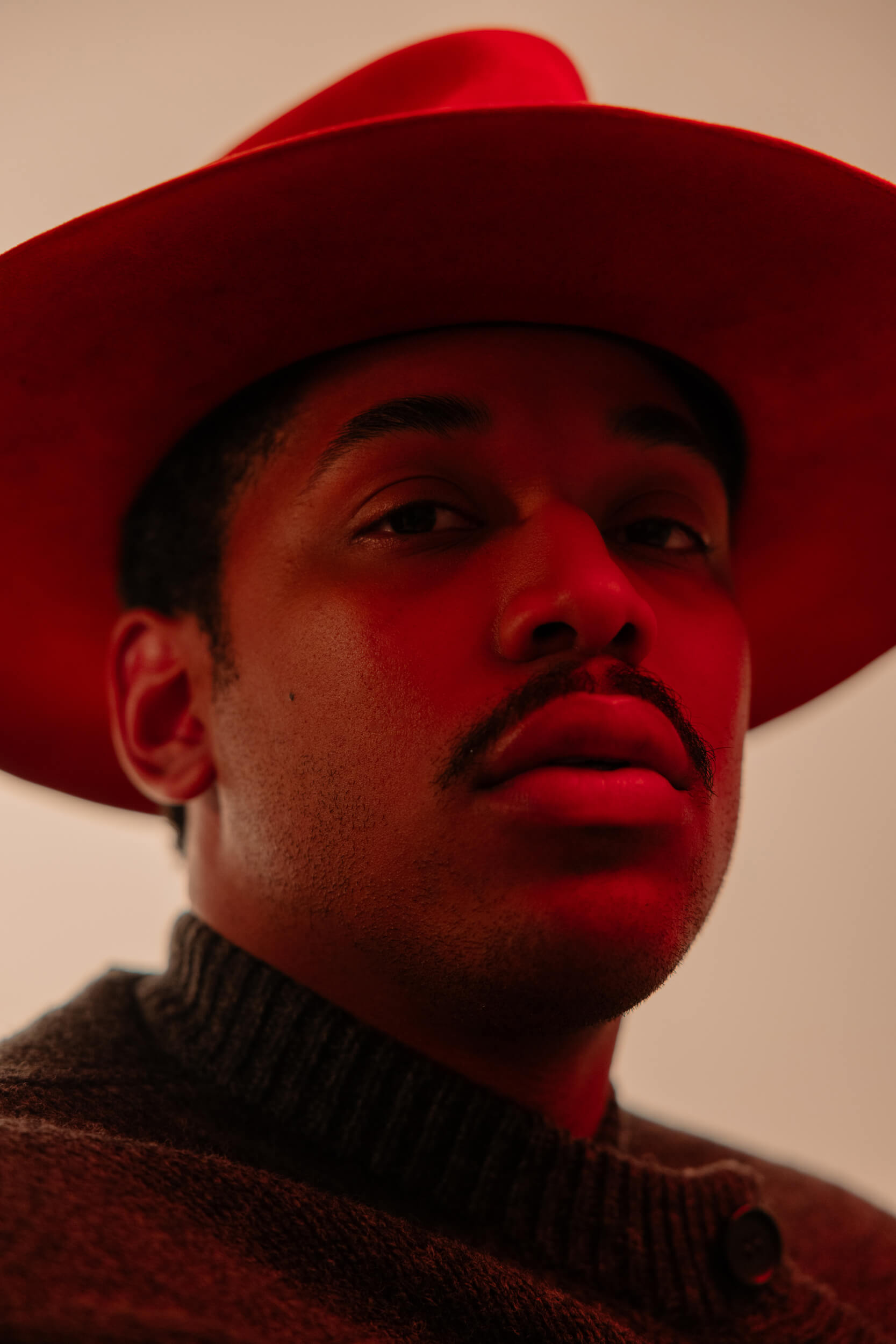
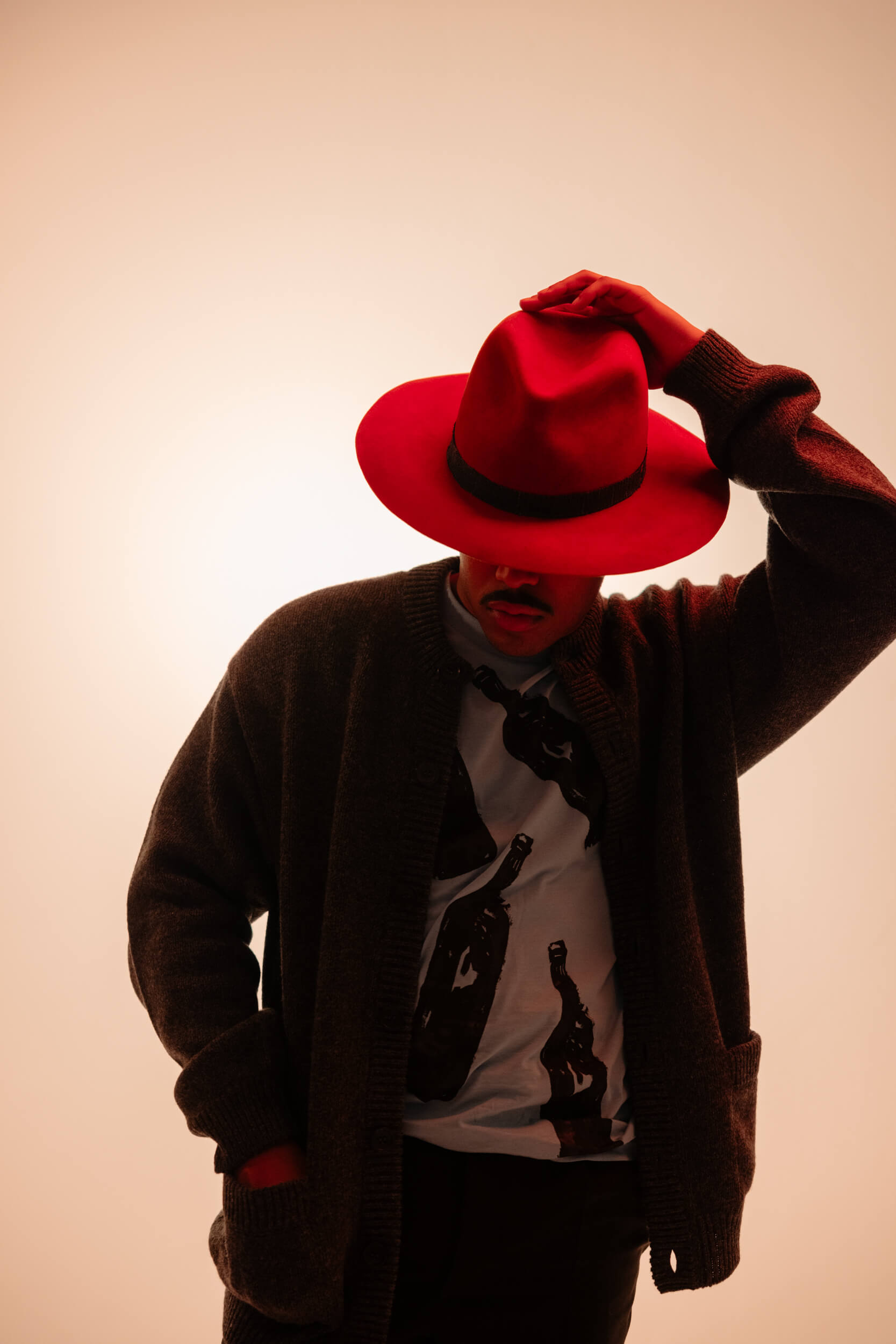
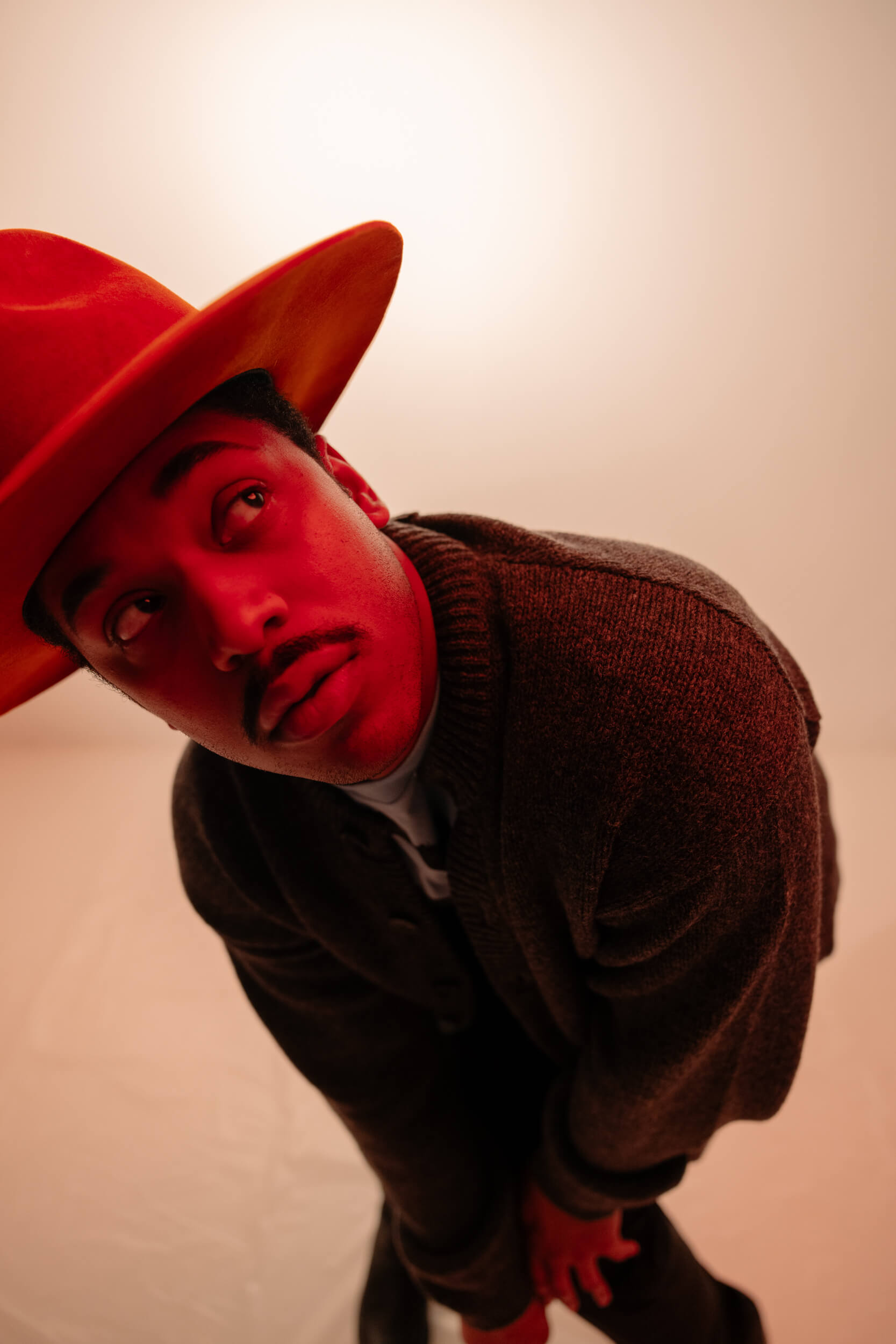
Did you discover anything new about yourself while playing Joseph? What kind of research did you do to build your character, his charisma and his music, as for so many years it seems to have been forgotten?
I think when you’re playing someone who’s a real person but at the same time so far down in our history that we don’t have interview footage [laughs], and we don’t have a lot of first-hand accounts of him saying of who he was, it’s a game of telephone, it’s a lot of “he said”, “she said”, that was the story. So, you did a lot of research on what were the myths around Joseph: he’s a mythical personality, he was the most sexual man in town, he was handsome, and worked so hard and so on…, and he also was in the same residence as Mozart one time, but they never crossed paths! There are a lot of rumors, and so you take the rumors and you go, “What is the most interesting and dramatic truth in some of this stuff?” and you pull the pieces that serve Stefani’s script. From there, the next questions are: where are the blanks and the holes? How do I make this? Because Stephen was very clear about how he wanted the movie to feel contemporary enough so that present audiences won’t think, “Another period drama!”.
Stephen has a little daughter and she’s adorable, she’s my favorite person, and the test was always: does Stephen’s daughter approve of this movie? Would she want to watch this movie? [laughs] Ultimately, you want to make a great movie but you also want to tell Joseph’s story to people that want to hear it; if the kids who don’t know about Joseph Bologne don’t hear about Joseph Bologne, then what was the point of telling the story?
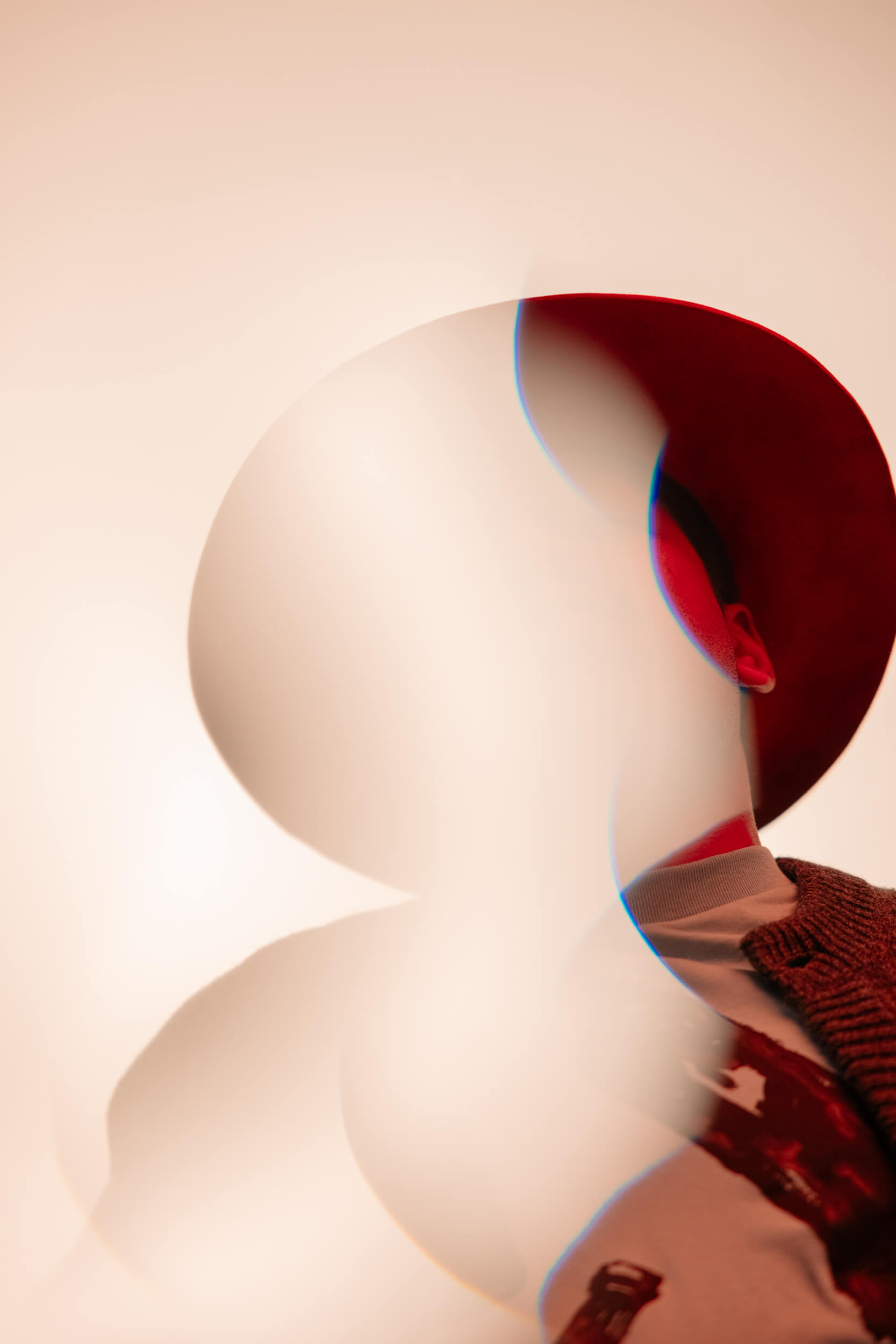
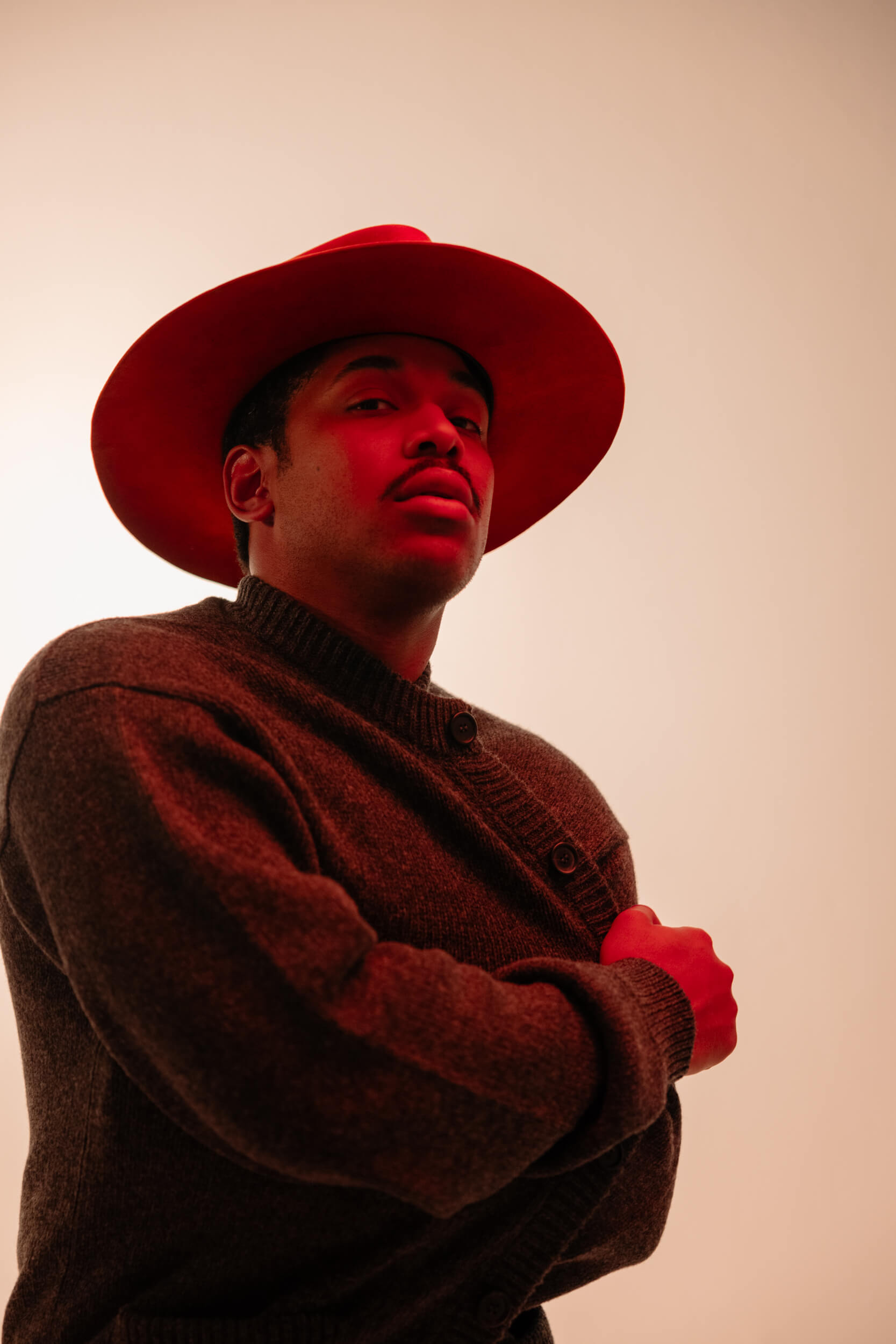
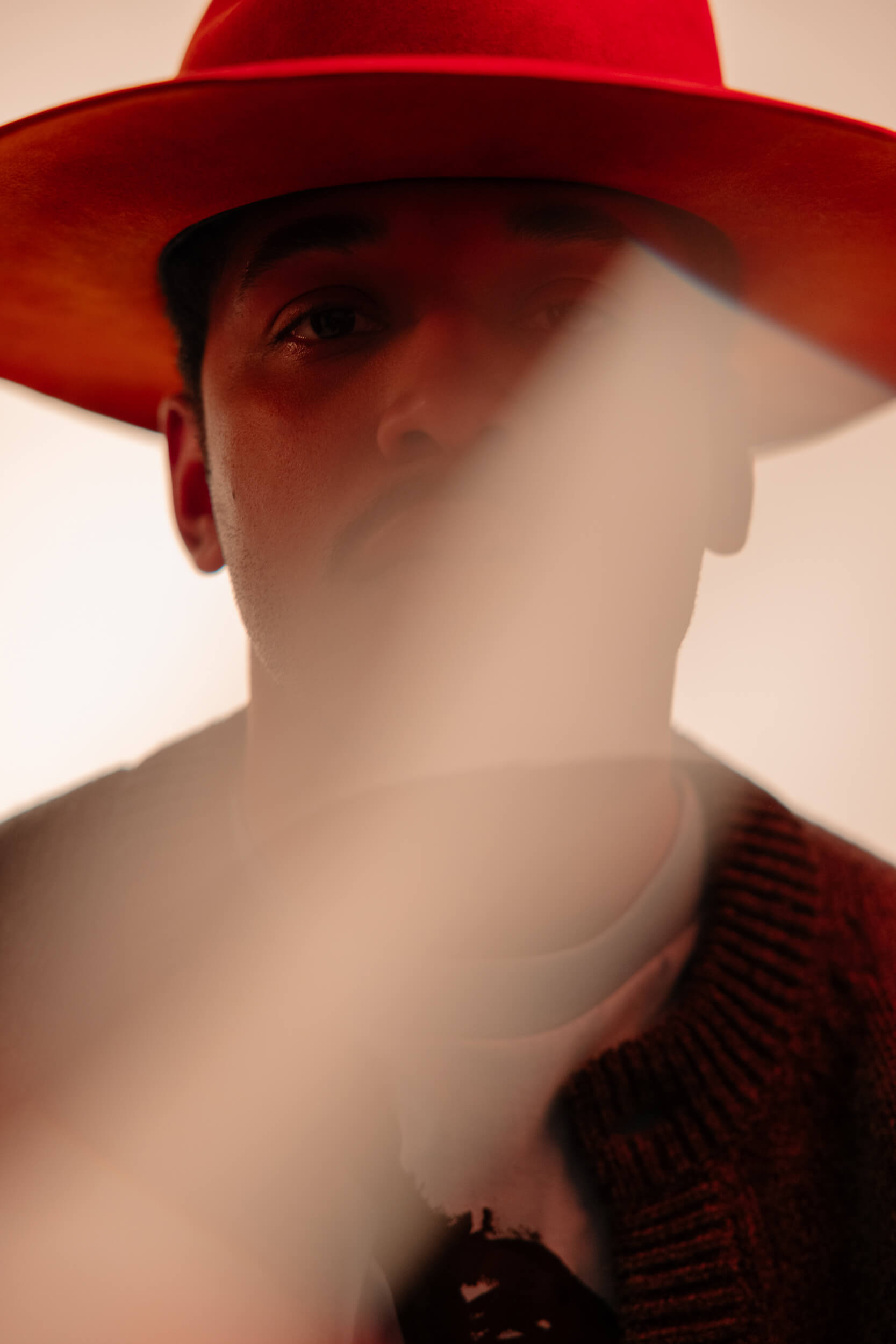
Yes, you’re kind of making it relatable in the sense that it resonates with the new generation.
Yes, so that it’s intrigued. So, even with doing that, that’s when you blow in the Prince of it all, we wanted to make him a little bit like Prince or like Hendrix, things that we all find familiar, things that we still listen to on a daily basis, things that we identify with rockstar behavior, and make the violin a rockstar instrument as much as it was in the 1700s; he should be looked at the way we look at Prince, Hendrix, Clapton, Lenny Kravitz, and all these icons now, we thought we should add that energy to the character. That’s when you take your own creative liberties with a character like that.
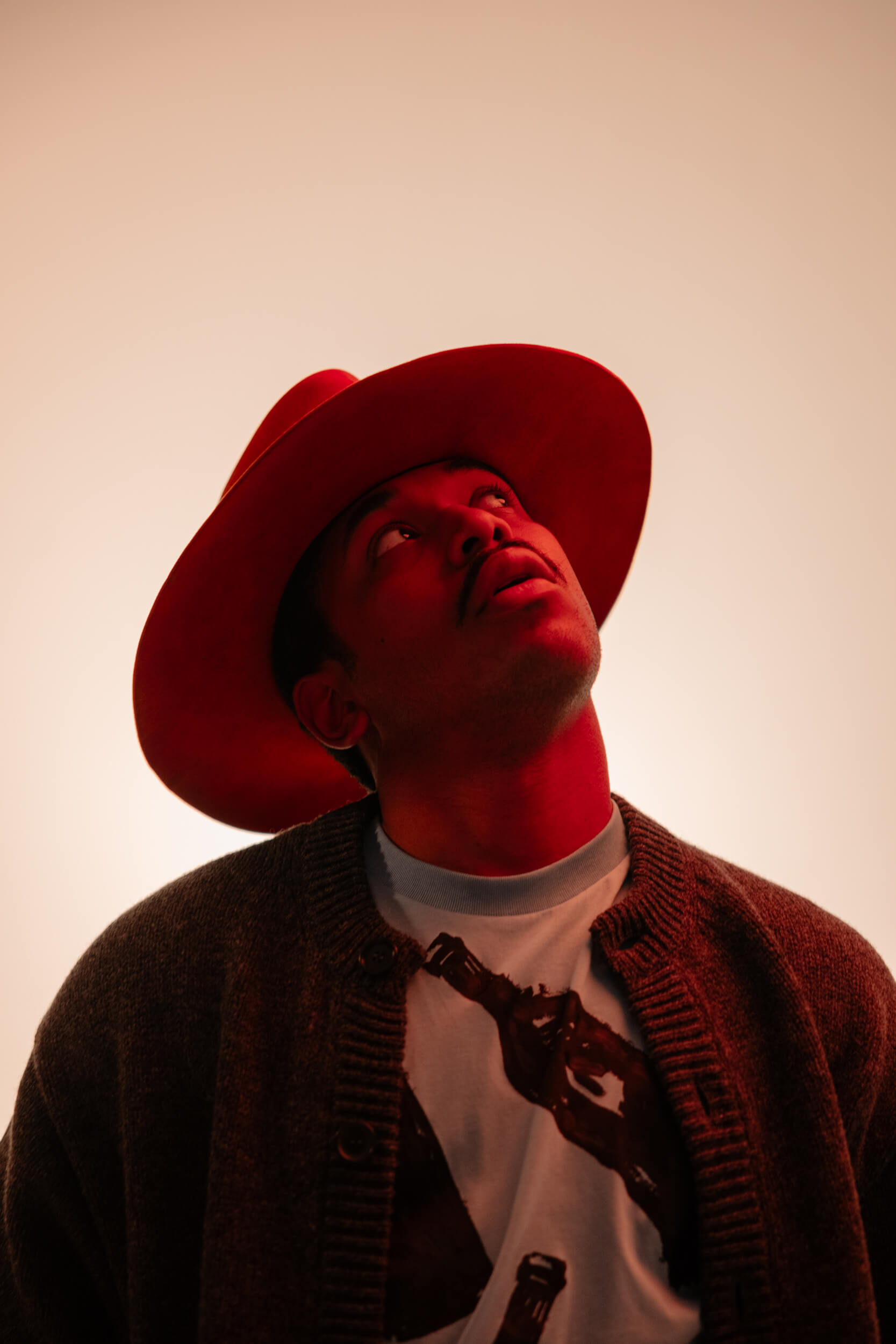
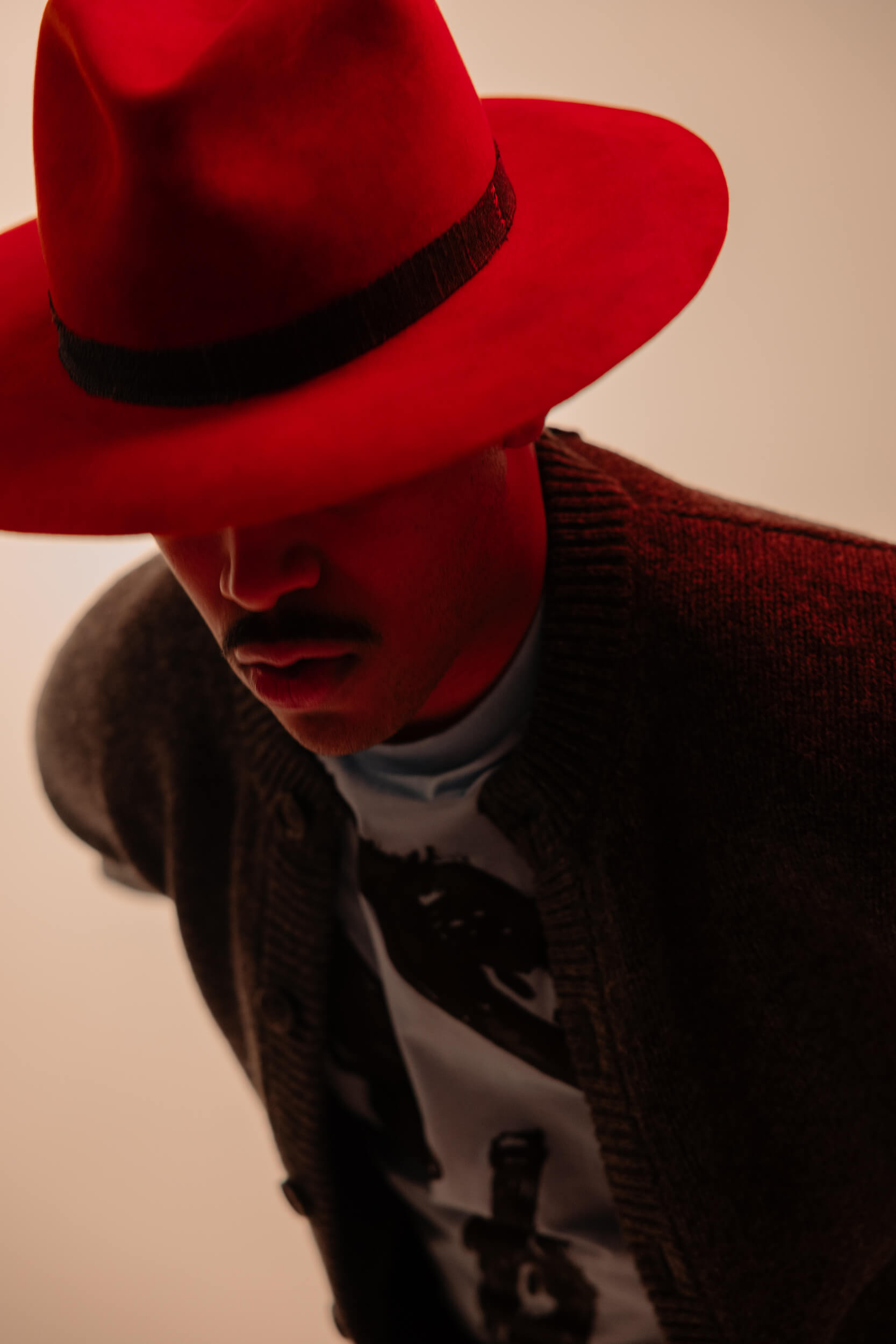
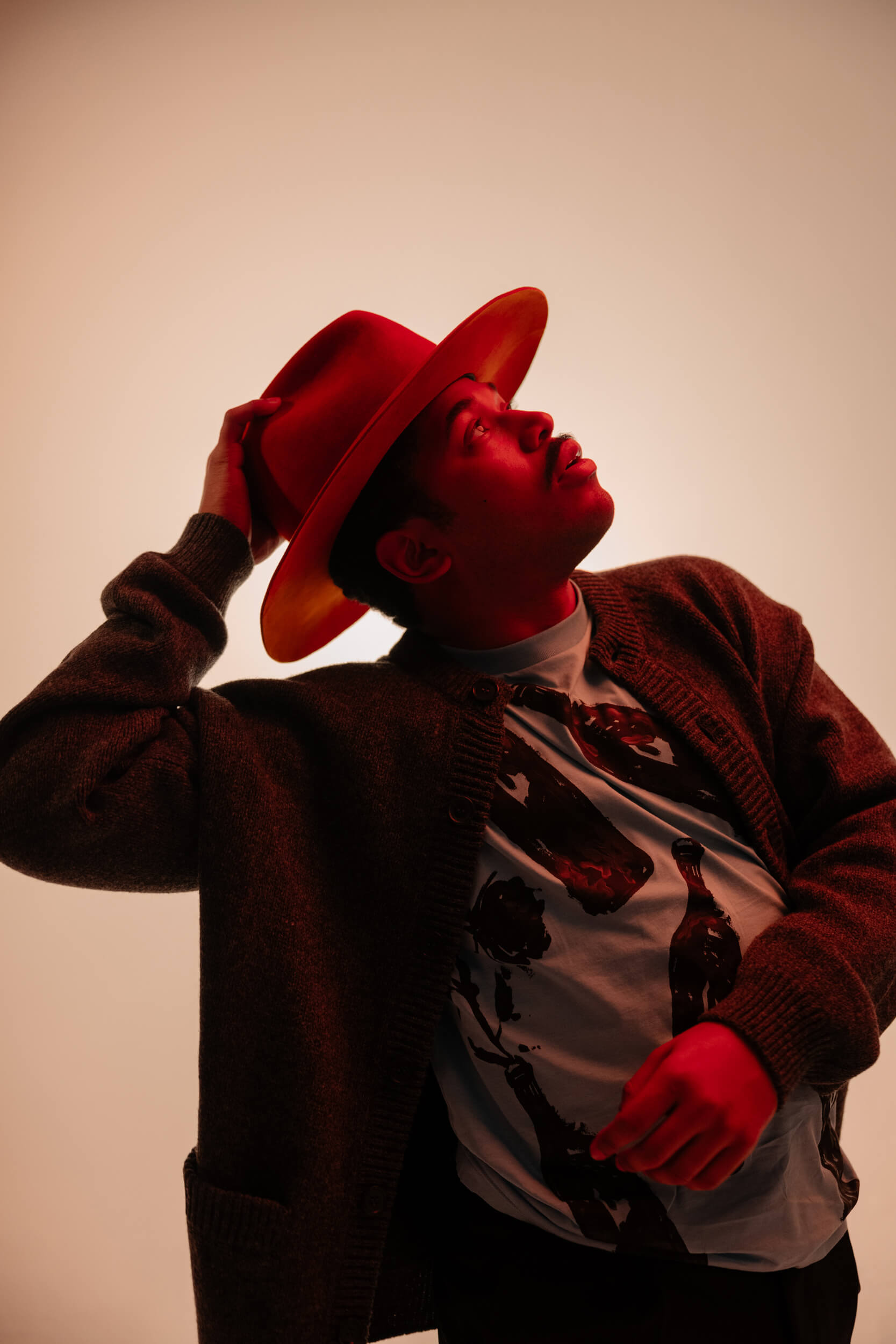
“[Chevalier] should be looked at the way we look at Prince, Hendrix, Clapton, Lenny Kravitz, and all these icons now”
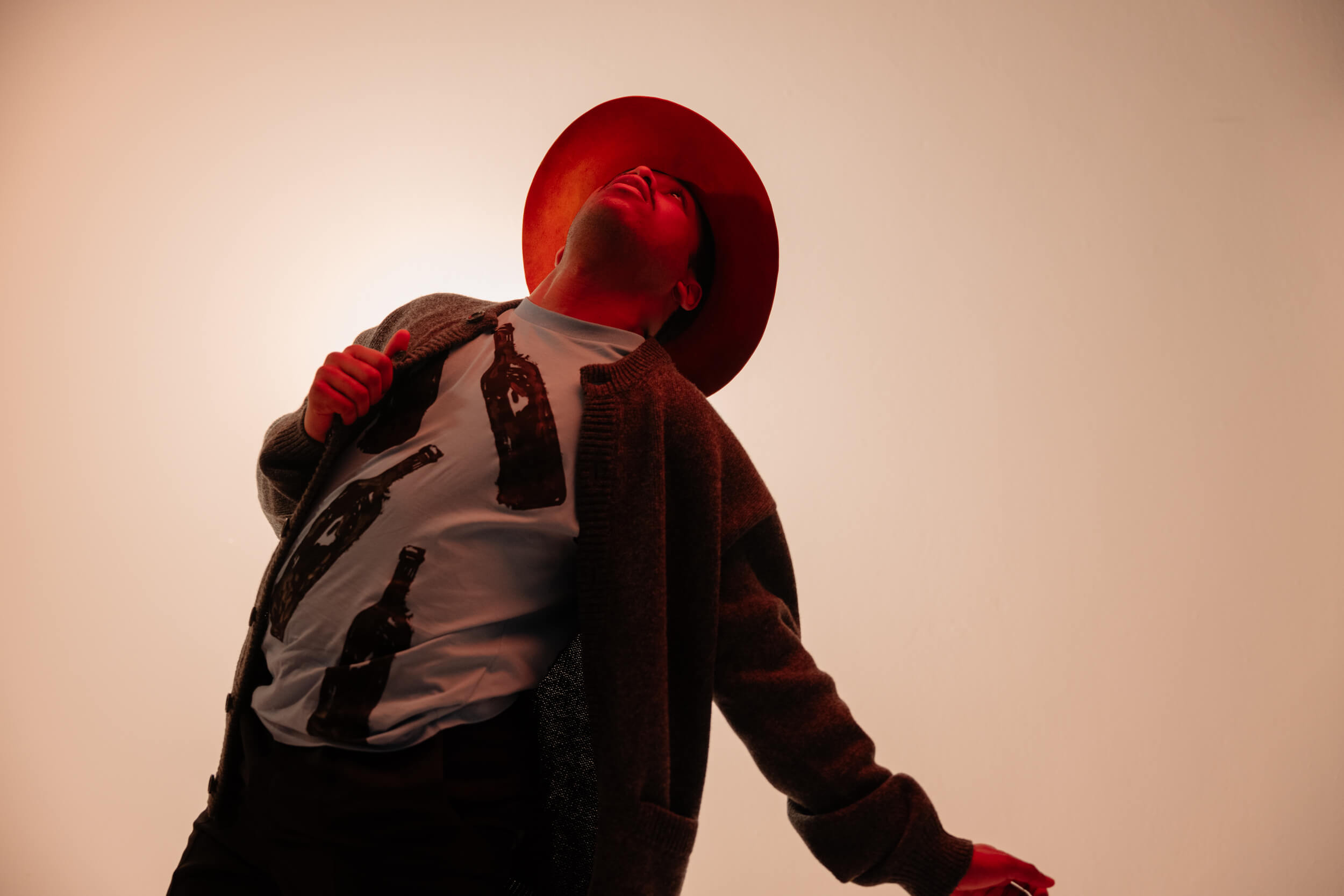
Did you make a playlist for your character?
I did make a playlist for Joseph. I had a Joseph Playlist, a Nanon Playlist, and a Marie Josephine Playlist.
The first song on Joseph’s Playlist is “Drip Too Hard” by Gunna and Lil Baby, and then it went on to “Dedicate” by Lil Wayne, “Uproar” by Lil Wayne and Swizz Beatz, “Going Bad” by Meek Mill featuring Drake, “Last Time That I Checc’d” by Nipsey Hussle, Drake, “Darling Nikki” by Prince, “Everybody Mad” by O.T. Genasis, “KOD” by J. Cole, “Middle Child” by J.Cole, Bob Marley, Stevie Wonder, Jimi Hendrix, Red Hot Chili Peppers, lots of different stuff. Then there was the Marie Josephine love stuff, which is really sweet but kind of sad [laughs].
One of the exercises I like to do when starting movies – I did it with “Cyrano” as well – is to make the task about finding what, emotionally, what lyrics, and what sounds feel true to where the character is throughout the script; so, I made a whole playlist for the entire script and then, as I went on, some things felt less right and some things felt more right as you listen to it because I’d leave it on shuffle at times, to see what new songs come up, and then added stuff as I went on, constantly keeping it fresh. It’s like when you shoot scenes, sometimes it changes on the day, you think of things in one way and then you shoot the scene in a completely different moment, and I was like, “The song needs to match!” [laughs].
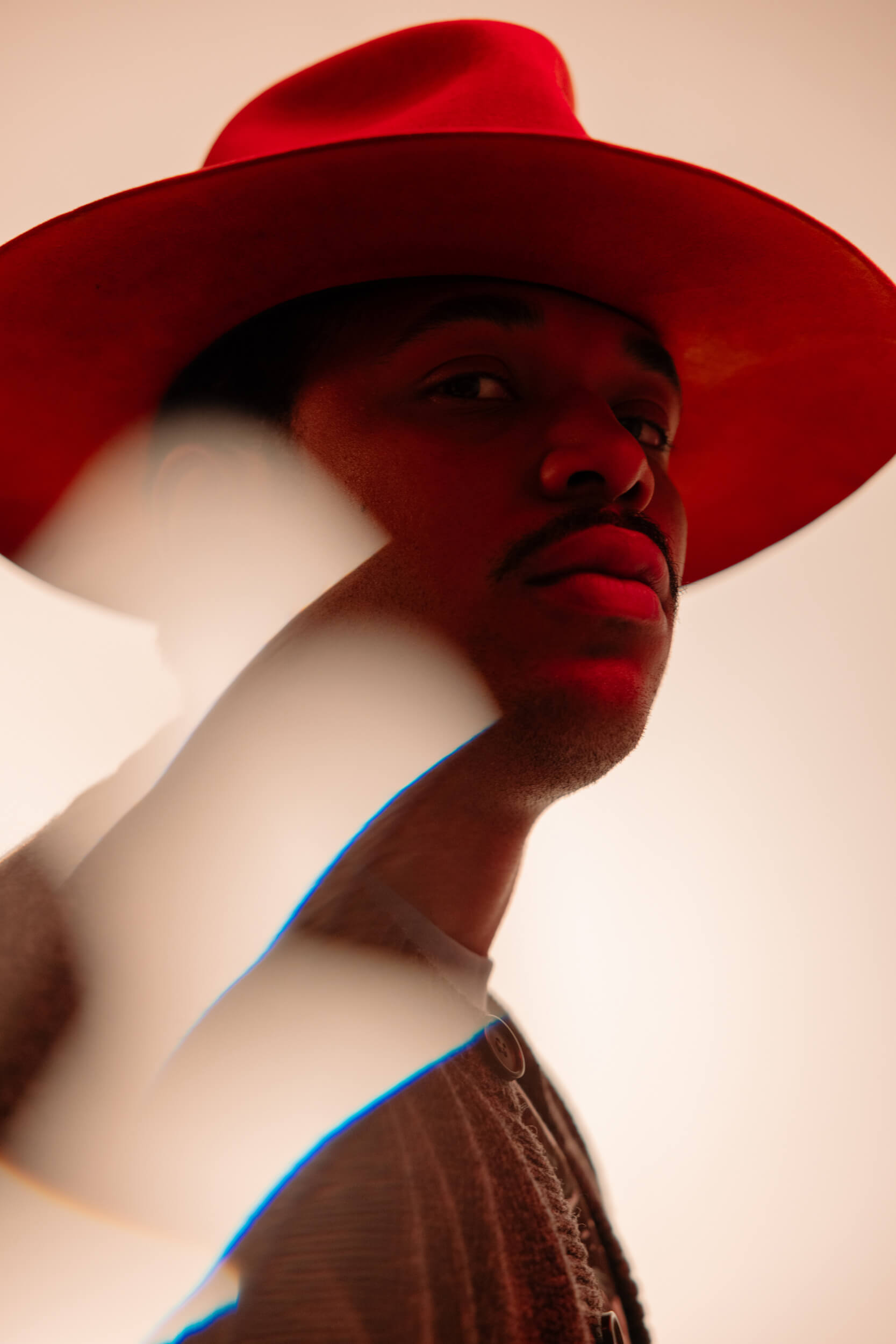
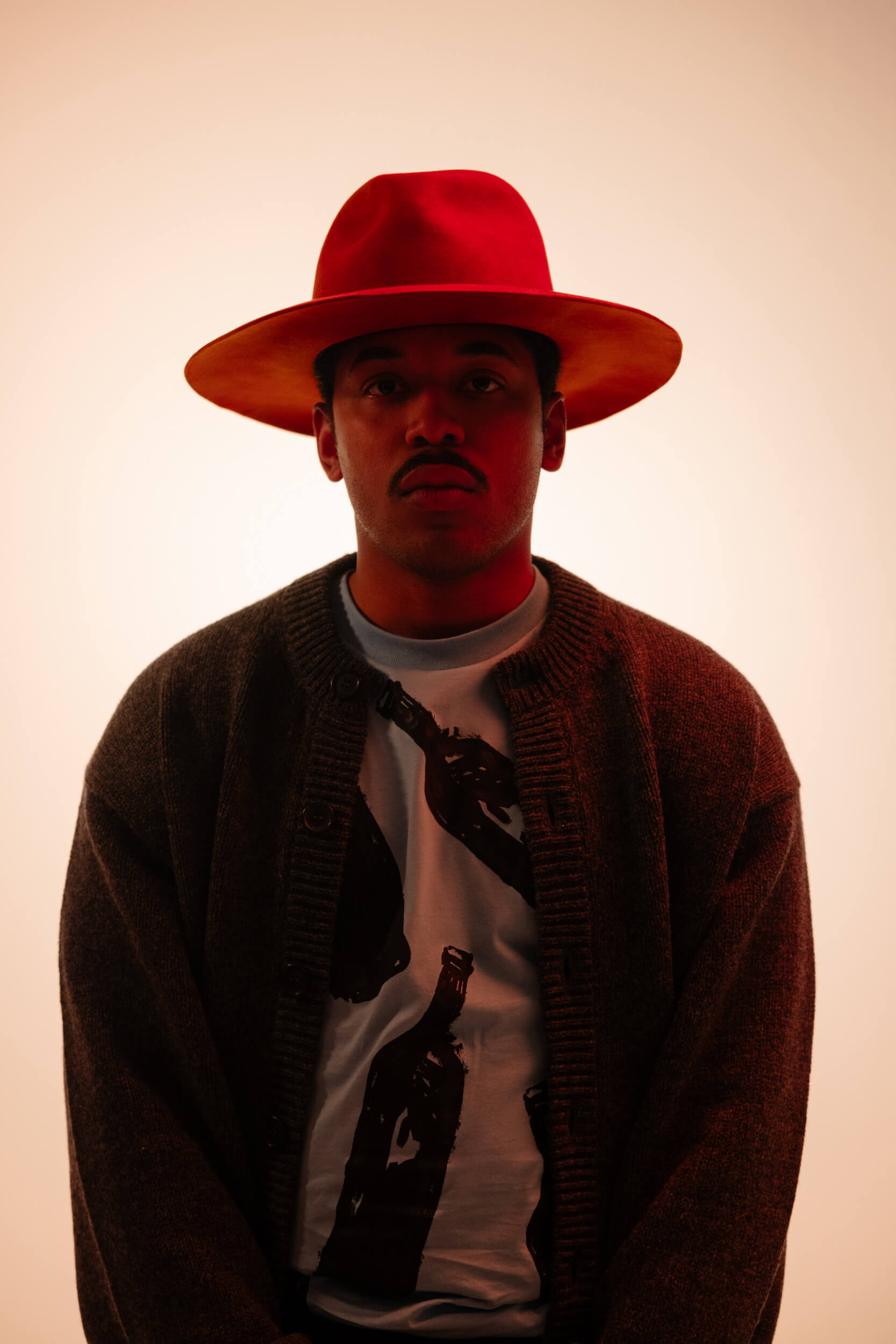
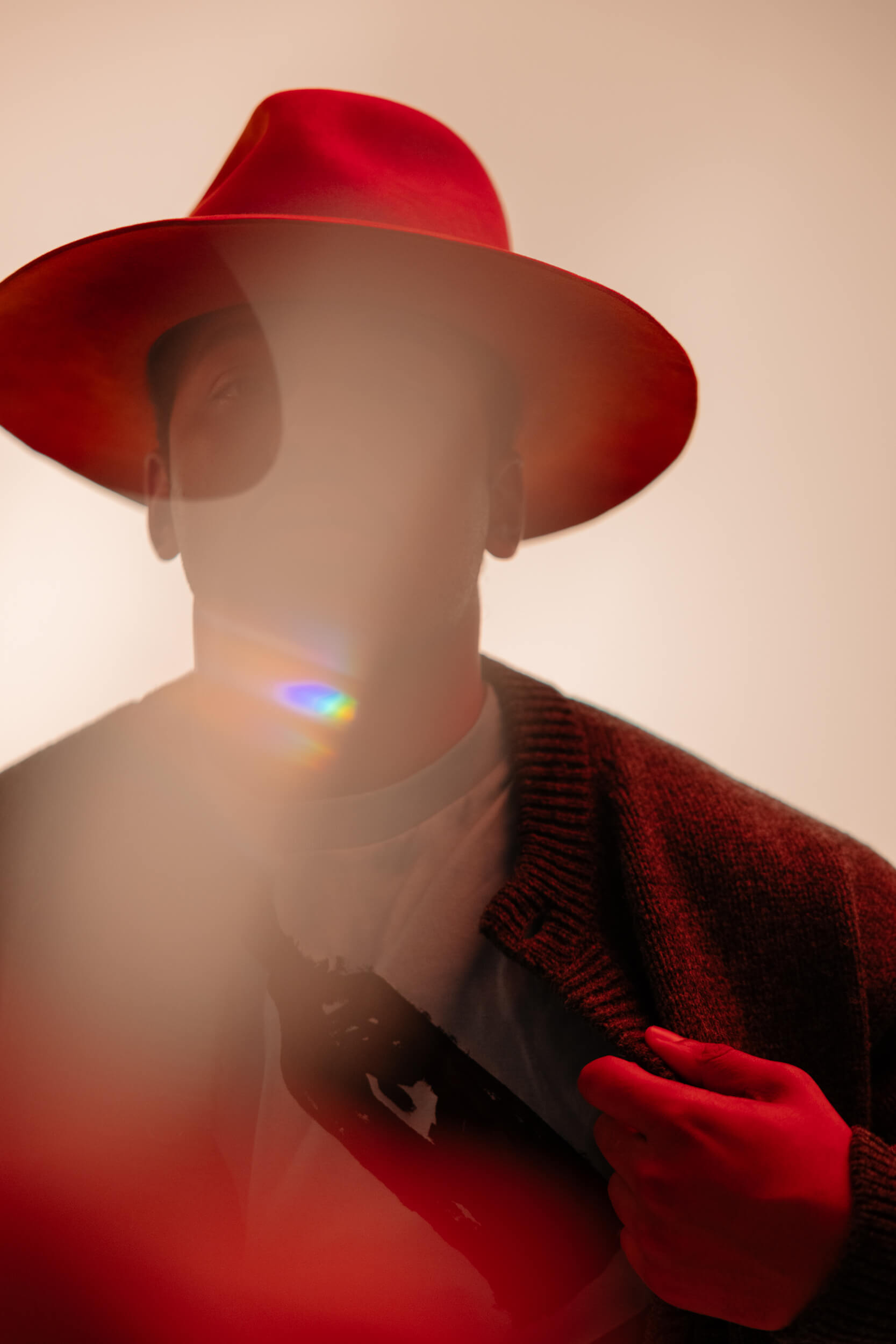
We know you’re a professional musician, but what about the violin? How was the practice with it for this role?
The violin was my first instrument and I was pretty good at it. Then, Katrina happened in New Orleans, and once the storm happened, we all relocated and I never played the violin again until this movie.
How did it feel to go back to your first love, the violin?
It was really scary at first because I wasn’t really sure if I was really able to pull it off. The violin is not like the guitar, the dexterity has to be there, and so it was trying to get the muscle memory in your fingers back, that was the hardest part. My intonation, my ear is fine, you have to get that slow back to the bow, but it was the dexterity that was really tough. Now, in current days, everyone who plays the violin typically has a shoulder pad and they’ve also built a shoulder rest on the violin, but in the 1700s there was no shoulder rest, there was no support, so you have to rebuild your neck muscles. I had literally the thickest neck muscles because I was doing long bows for hours, and finger exercises figuring out how to stretch because Joseph really plays at the lower end of the board, and that’s his own challenge. But it was fun.
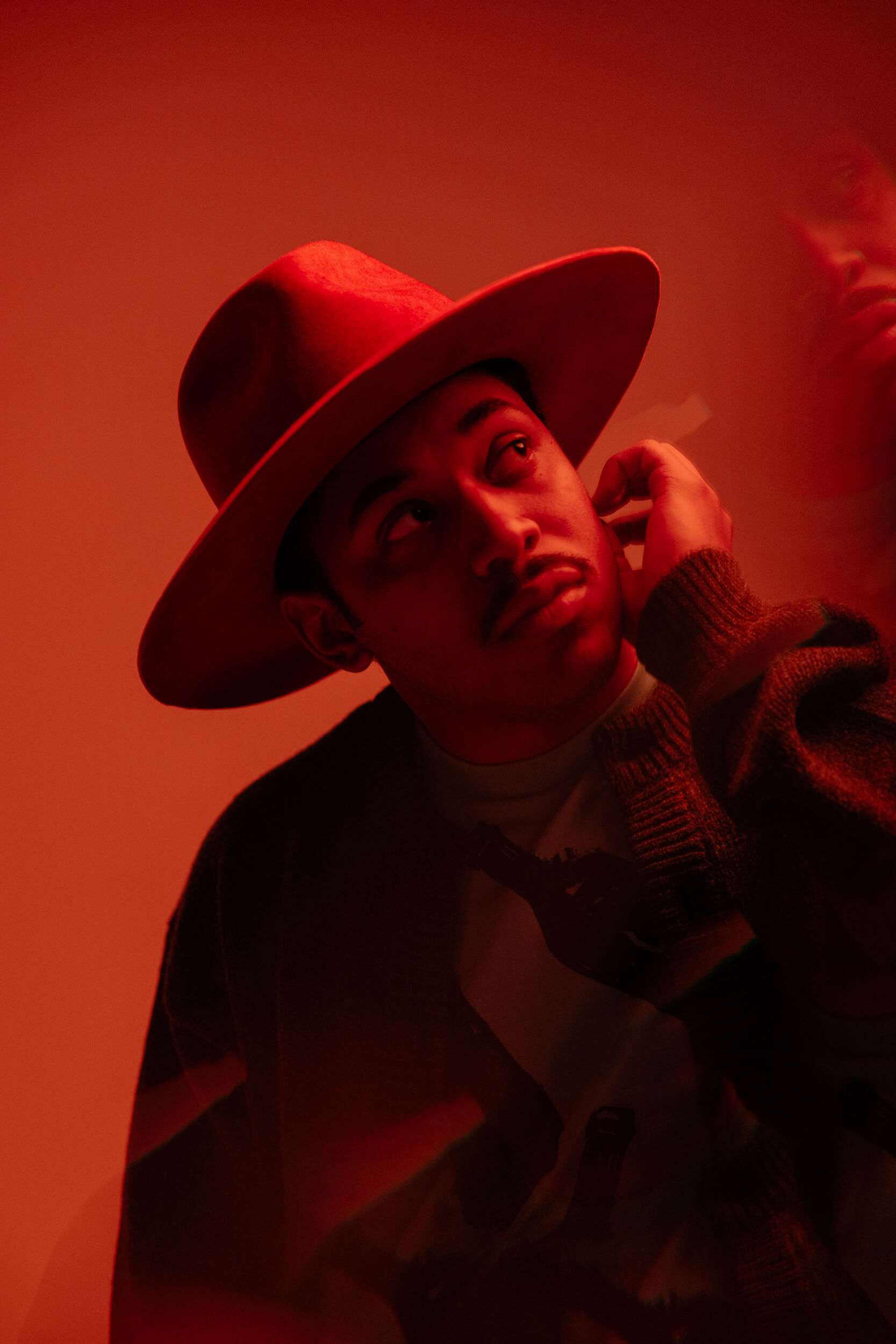
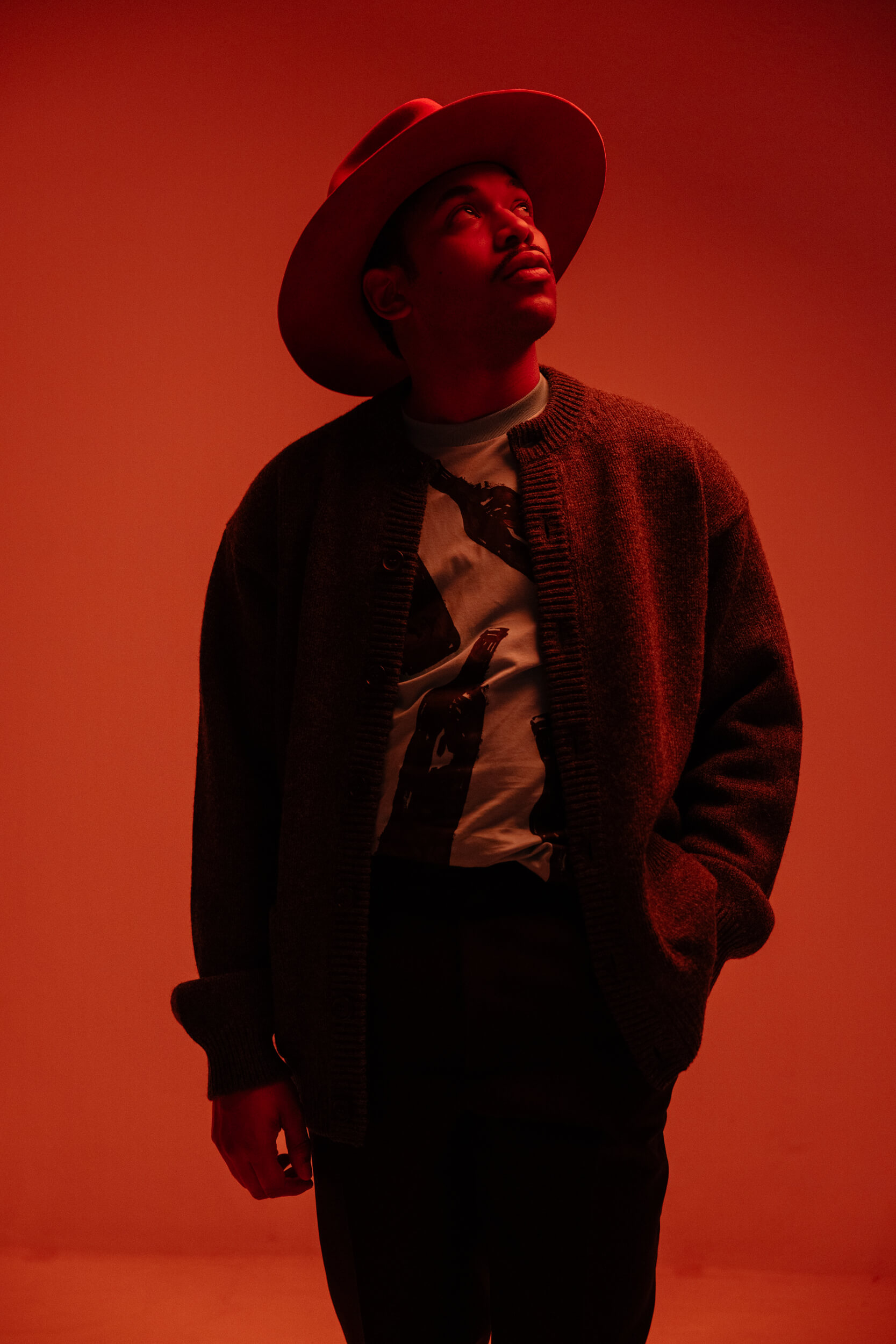
How would you describe Joseph with just one word?
Audacious.
And the film?
A spectacle.
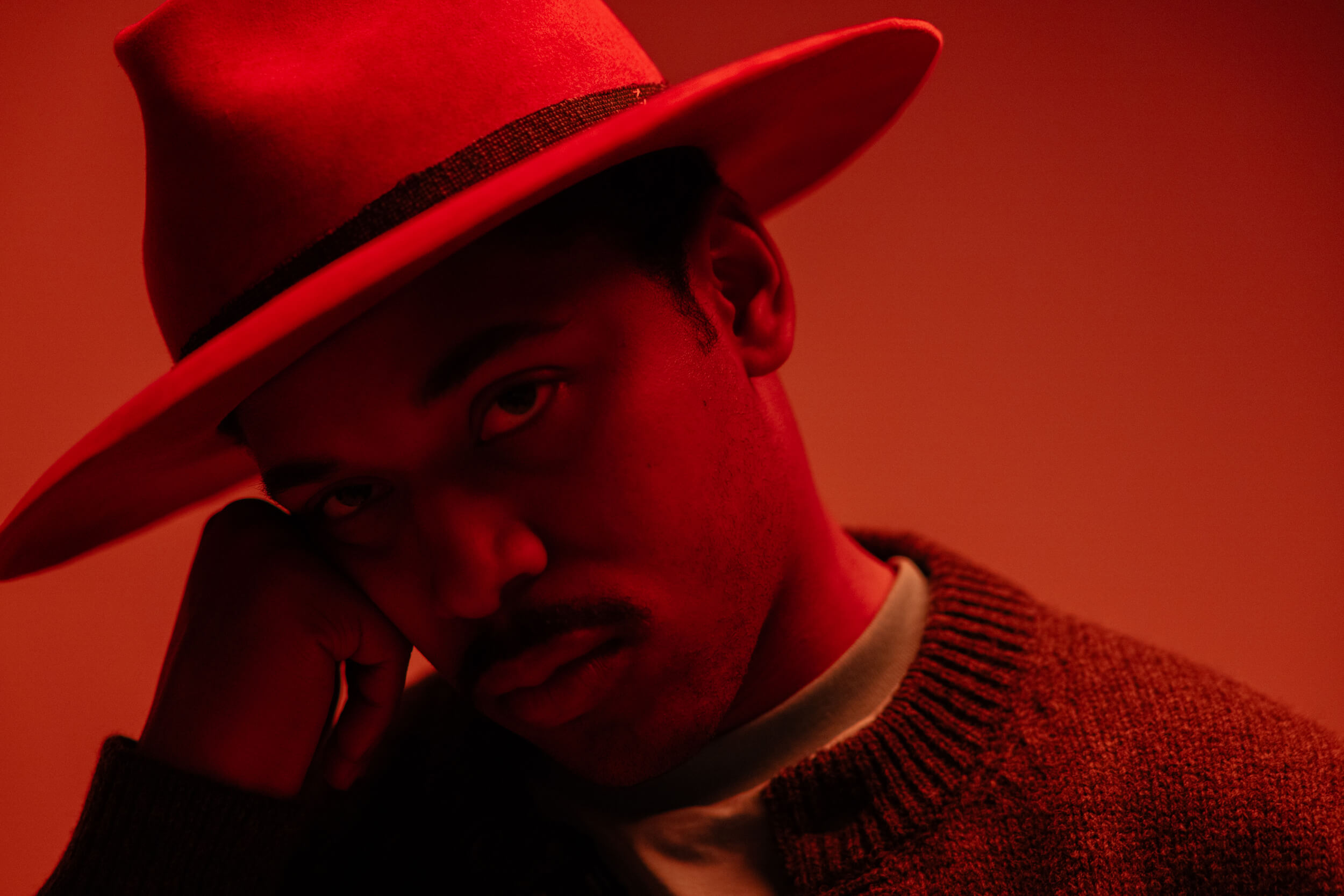
You’ve played quite a few real-life characters, among which one of the latest was B.B. King in “Elvis”. Thanks to the power of cinema, some often forgotten but worth-knowing life stories are brought to the people – on this note, is there someone else you’d like to portray? Or are you maybe planning to direct or write some story of your own?
You know, I’m kind of tired of playing real people, to be honest [laughs]. I’ll be doing the Jean-Michel Basquiat movie, it’s my next one and that will be my last one for a minute, I think, unless someone really cool comes along and really sells it. I just played Martin Luther King Jr. and I remember when they came at me, I thought, “I can’t do another one!”, but they sold me and I did it, so obviously I’m easily bought [laughs]. However, I currently have no plans, outside the ones on my slate, to do any more biopics.
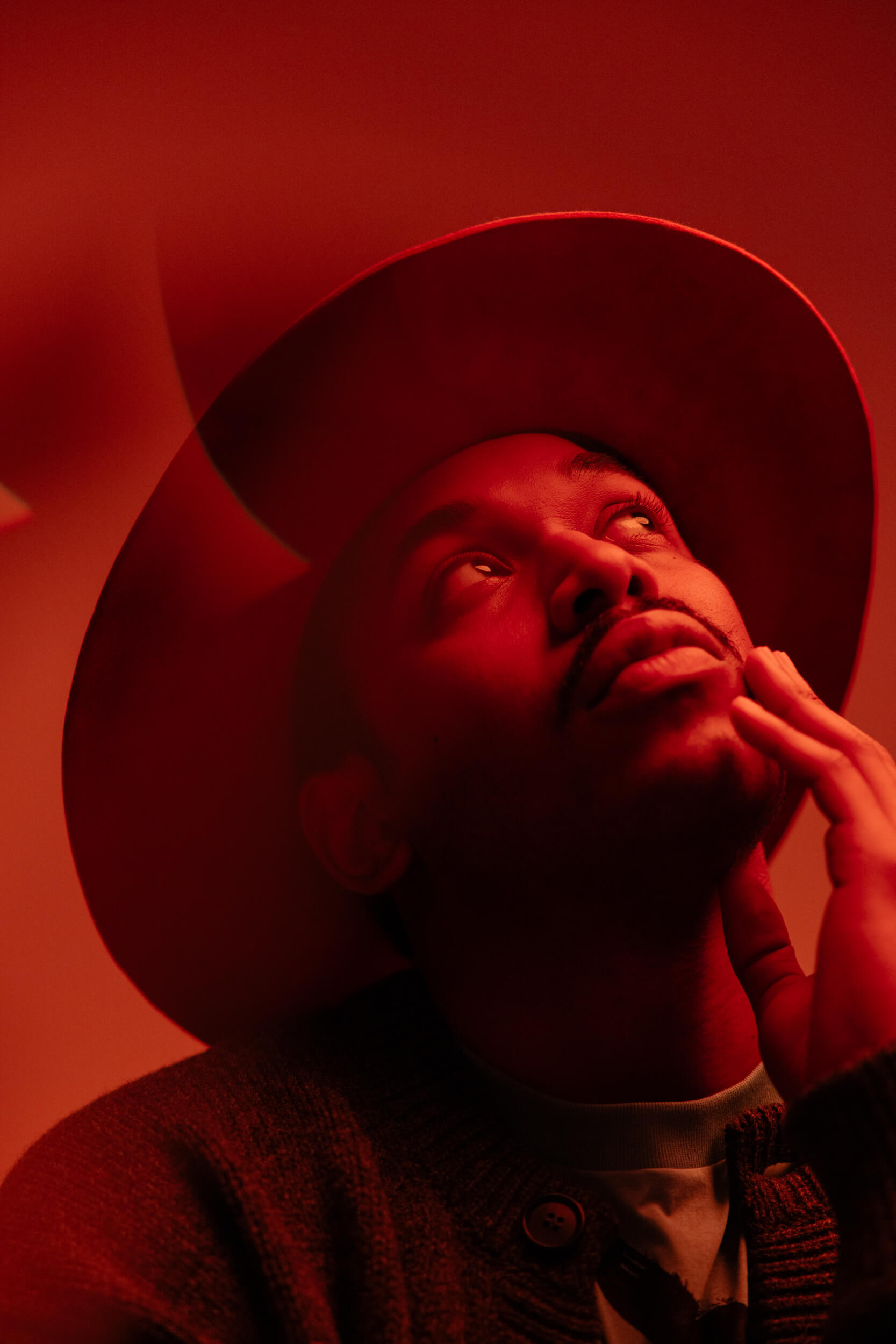
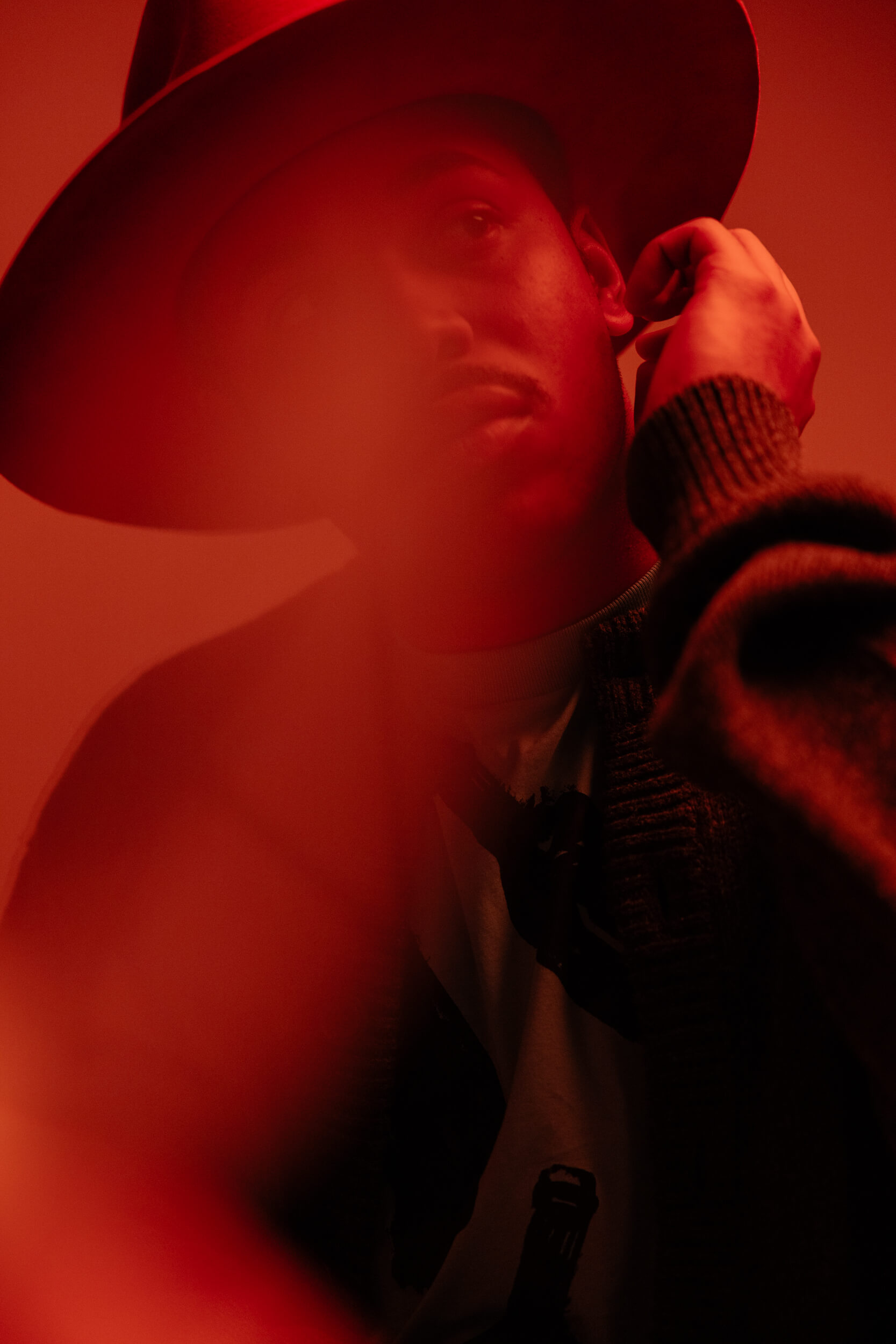
Why? Is it because biopics are different in terms of the pressure you feel, or maybe because of the way you prepare the character?
Personally, I love to create an original character, and I do find that the biopic is tricky simply because there are so many parameters; some may look at these parameters as fun obstacles, but after a certain point, they can also become really difficult limitations, and you also have to deal with the pressure of everyone wanting to perceive the character the way they remember them, and they want to project that onto your performance.
But my philosophy on planning real people is: I’m into the essence of that individual, but I’ll never be that individual, they’re too iconic, and I can’t do that in three months of prep… I’ll never become Martin Luther King. So, I tried to steer away from it, and I think it’s difficult in the negotiation with creatives and with the audience when you’re playing these people, as much as it is a privilege and an honor and such a great learning experience, which is why I take those roles. You look at Martin Luther King and you think, “Wow, all the things that he’s done, I want to read about it more, I want to try to experience, have a deeper understanding of what the tenacity and the grit felt like to be able to persevere through somebody’s hardship. The same with Joseph, and also with Jean-Michel, what it took to be this outsider, weird, spacey, free-spirit artist in New York, one of the most successful black artists of the 80s… How do you do that? And I love that puzzle. Yet, I want to do original stuff, too, because then you get to really have fun, you get to create some really funky stuff, at that point.
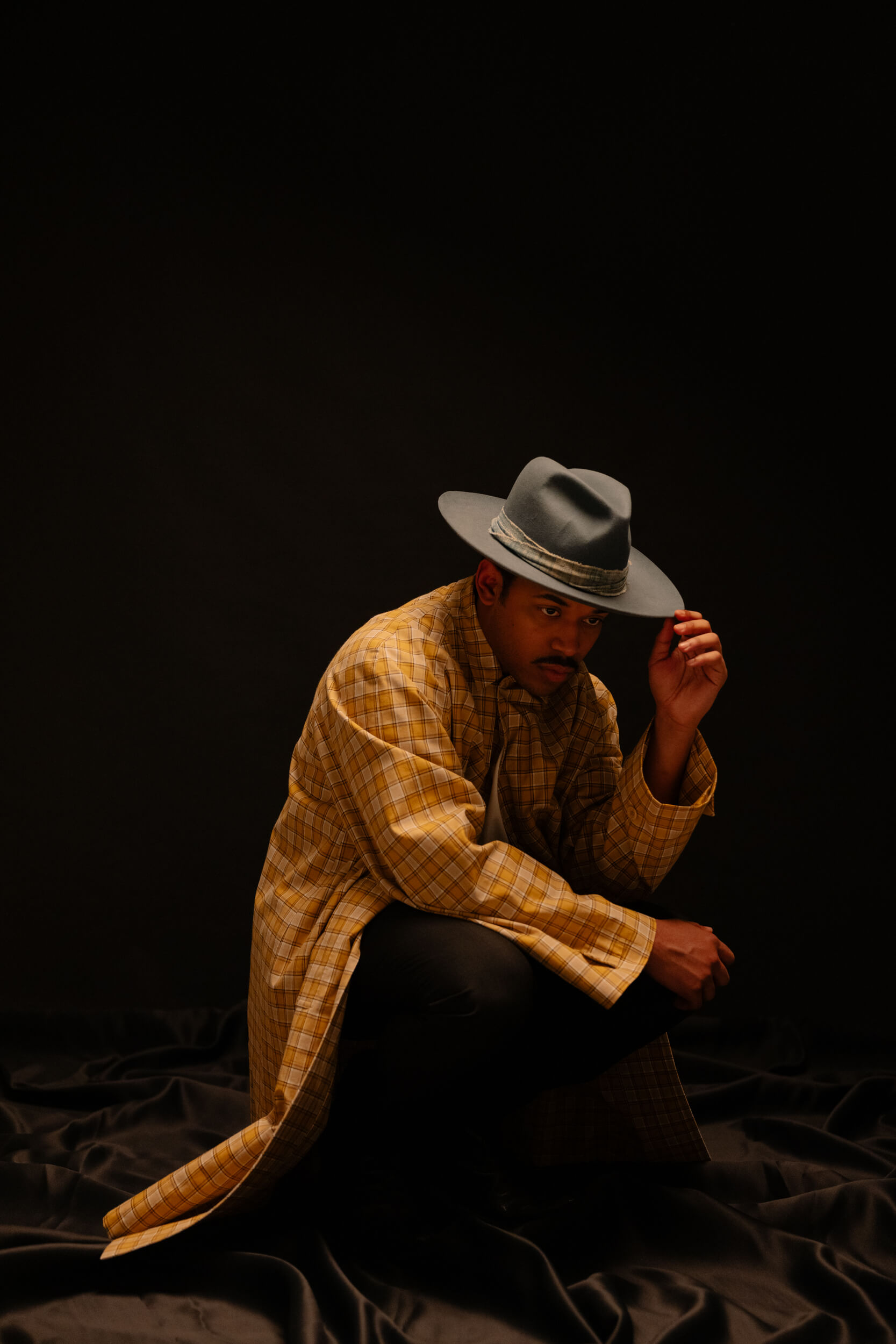
“I’m into the essence of that individual, but I’ll never be that individual”
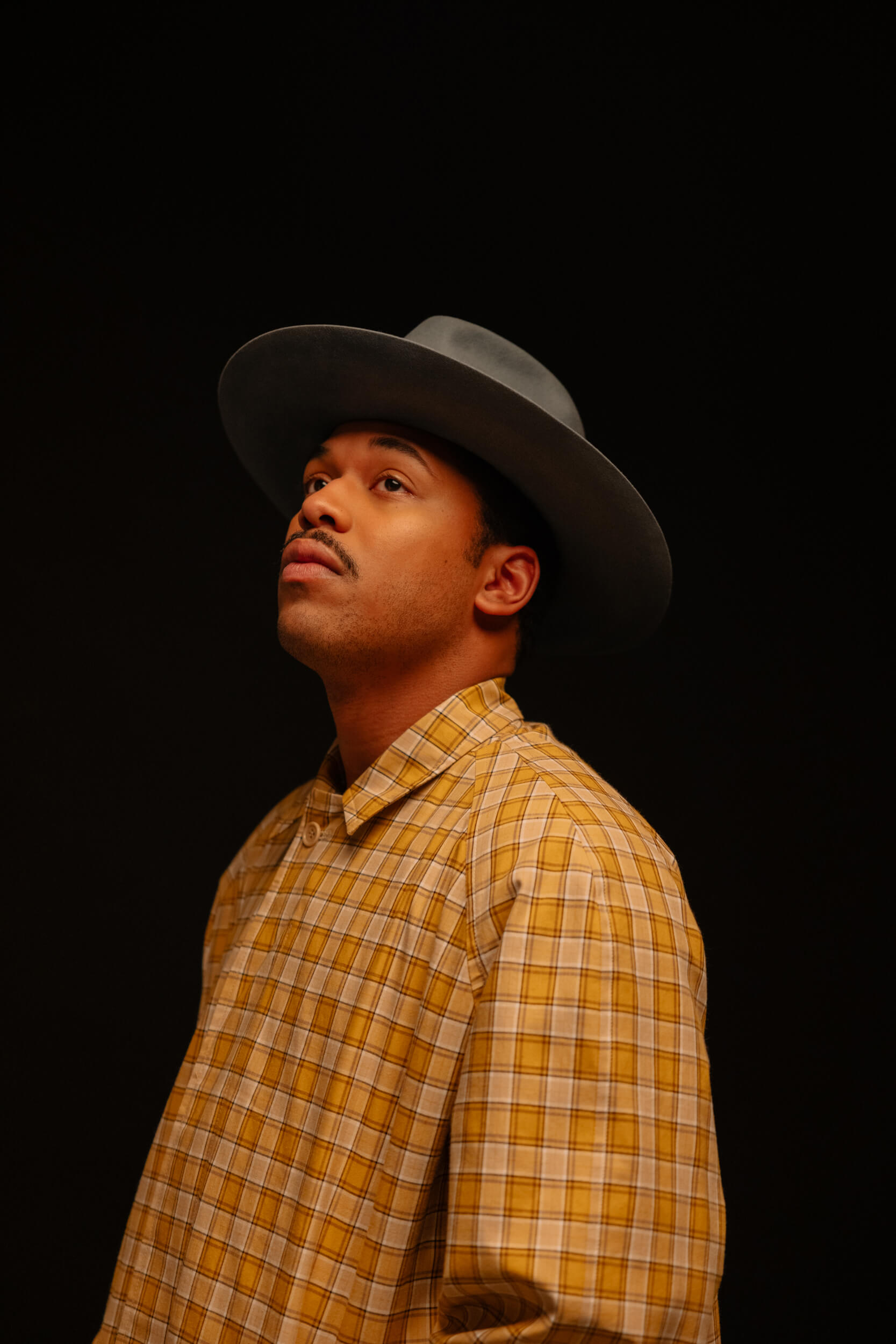
Speaking of fun, and you said yourself you want to have fun while filming, what’s an epic fail on set that maybe made you laugh?
There are so many moments… [laughs]
You know, they were very nervous about me doing all the violin and fencing stuff, so one time we were doing the fencing training and going through the routines and stuff like that, and they kept asking me, “Can you do it?”, and imagine that prior to this I had already fractured my collarbone and everybody asked me, “How did you do that?”, and I was like, “I don’t know, all I know is that it hurts really bad now” and we had to push production of a week. So, everyone was stressed and freaking out, but when I got back to fencing and violin training after having stopped for a while, I thought, “I’ve got this, I don’t need any more rehearsals, I’m good”. I get to the rehearsals, and I literally eat shit! I’m wearing these little heels and I’m trying to be such a badass, but just like white chicks when they walk, with their little ankles buckling, that was me! [laughs] I slipped and hit the ground and everyone was like, “I don’t know if he can do this…”. So, I had to do a lot of damage control because then we had to call the stunt double and I didn’t want to do that.
I got it together, but that was not my most graceful moment.
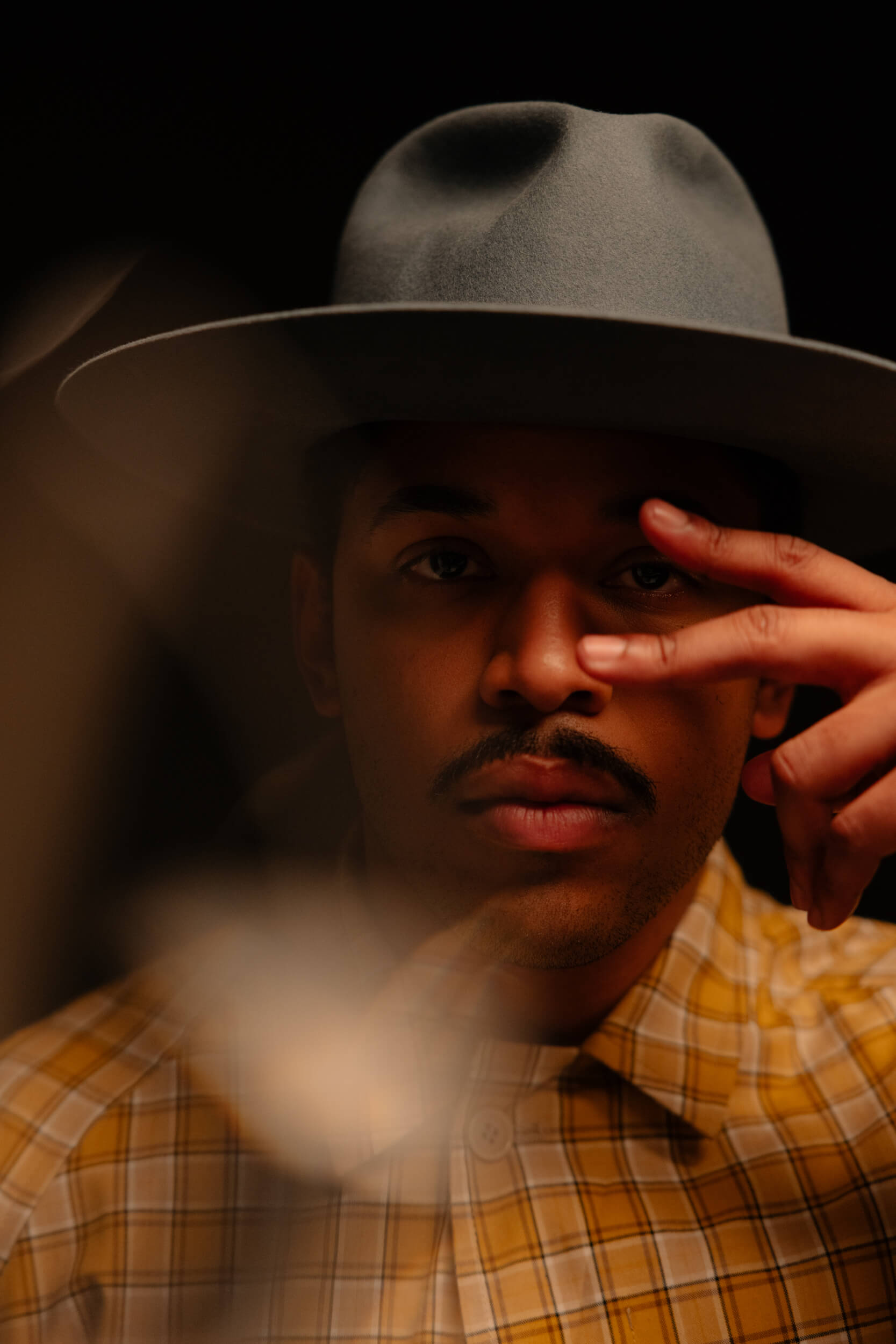
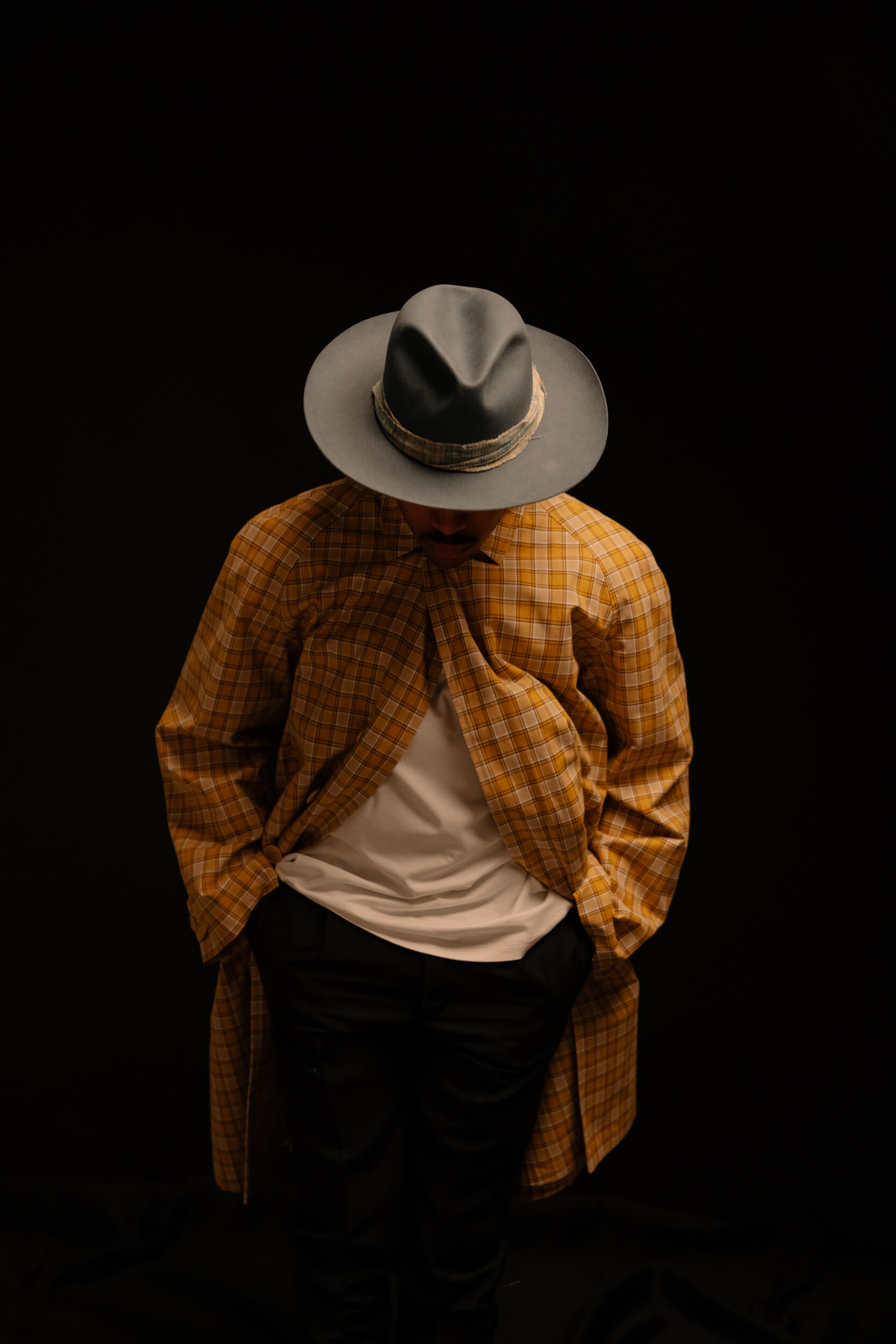
Your must-have on set?
It depends on the character, I think. For some characters, I like to keep a scent with me, or for some characters, if I find a token, like a ring or a rock, I would hold it with me and keep it in my character’s pocket, or depending on certain things, it might be a color that I’d find interesting that I’d want to always include.
On the other hand, Kelvin doesn’t have anything on set, instead, besides his script… because I never know my lines [laughs].
What’s the thing that makes you laugh the most?
I feel like I’m always giggling, I’m a giggle monster! One thing that makes me laugh is… farting! It really cracks me up, farting gets me every time! [laughs]
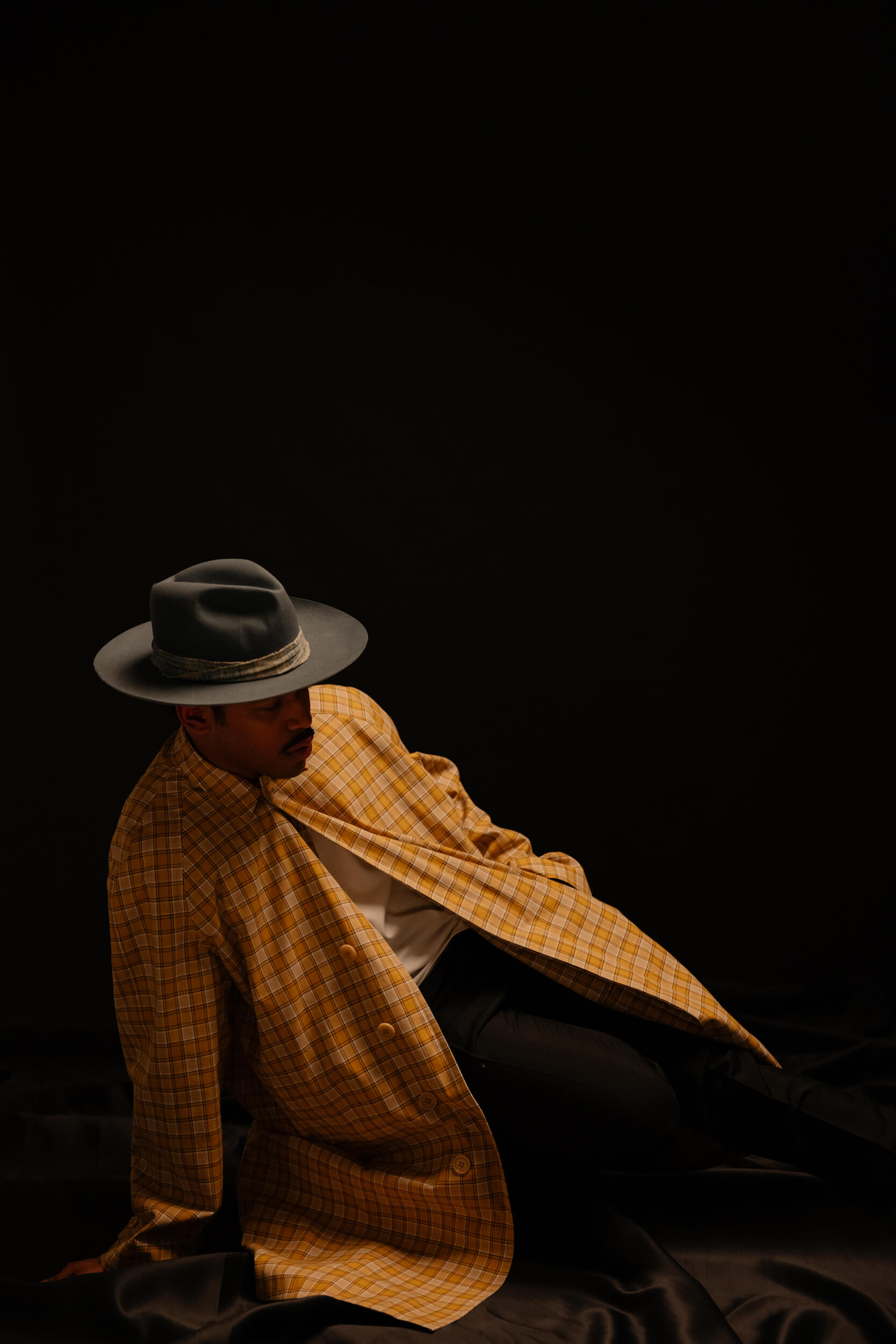
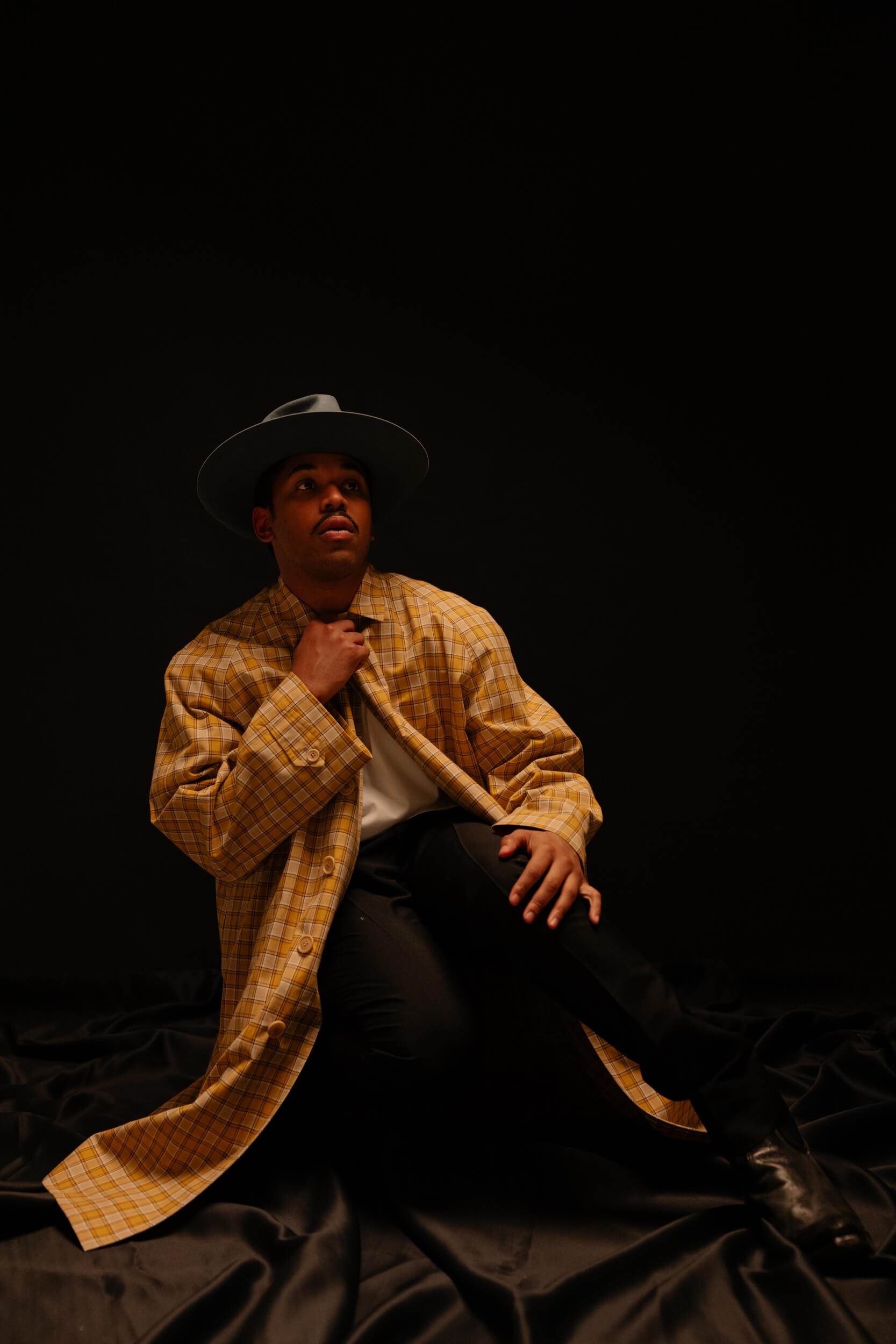
What would you say is your most remarkable act of rebellion?
I say “no”.
When deals are getting made, I think it’s important for the actor to protect the performance, and I protect what’s on the screen, especially lately, when I’ve been playing these larger-than-life-personalities and really profound political figures – as Joseph also started one of the first black regiment in the French Revolution, so he was a politician in his own right, in the way that he was. I think when you’re making these deals you need to be sure that you’re asking for what you need, and if I don’t get the right tools, then I can’t say yes, and I think at times it makes the studio shake a little bit in their boots. I have to protect these guys; if I’m going to take them on, I need to make sure that they’re set up for success, to be seen in all the fullness of their greatness.
What does it mean to you to feel comfortable in your own skin?
I think it means consideration, it’s how I consider myself in what I need and who I am, and also comfortable enough to consider others. I think people who are truly comfortable in their skin are considerate, and I think that those that aren’t, seem to put other people down, or dismiss other people, dismiss themselves; it’s a cyclical effect, and no one’s feeling safe around people that are uncomfortable in their skin. People who are comfortable, are thoughtful, considerate, loving, and patient, and they ask for what they need, and they get it.
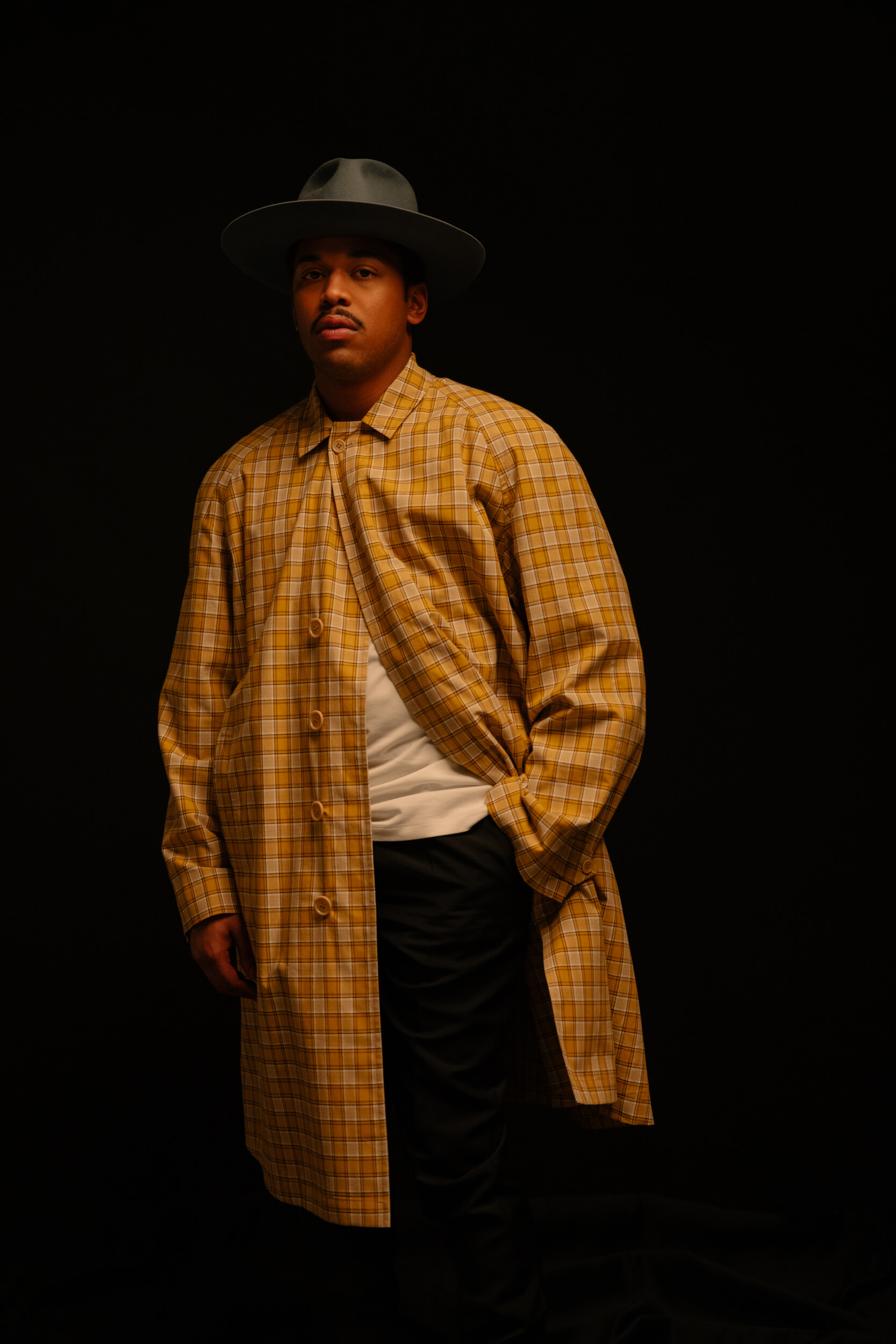
“No one’s feeling safe around people that are uncomfortable in their skin”
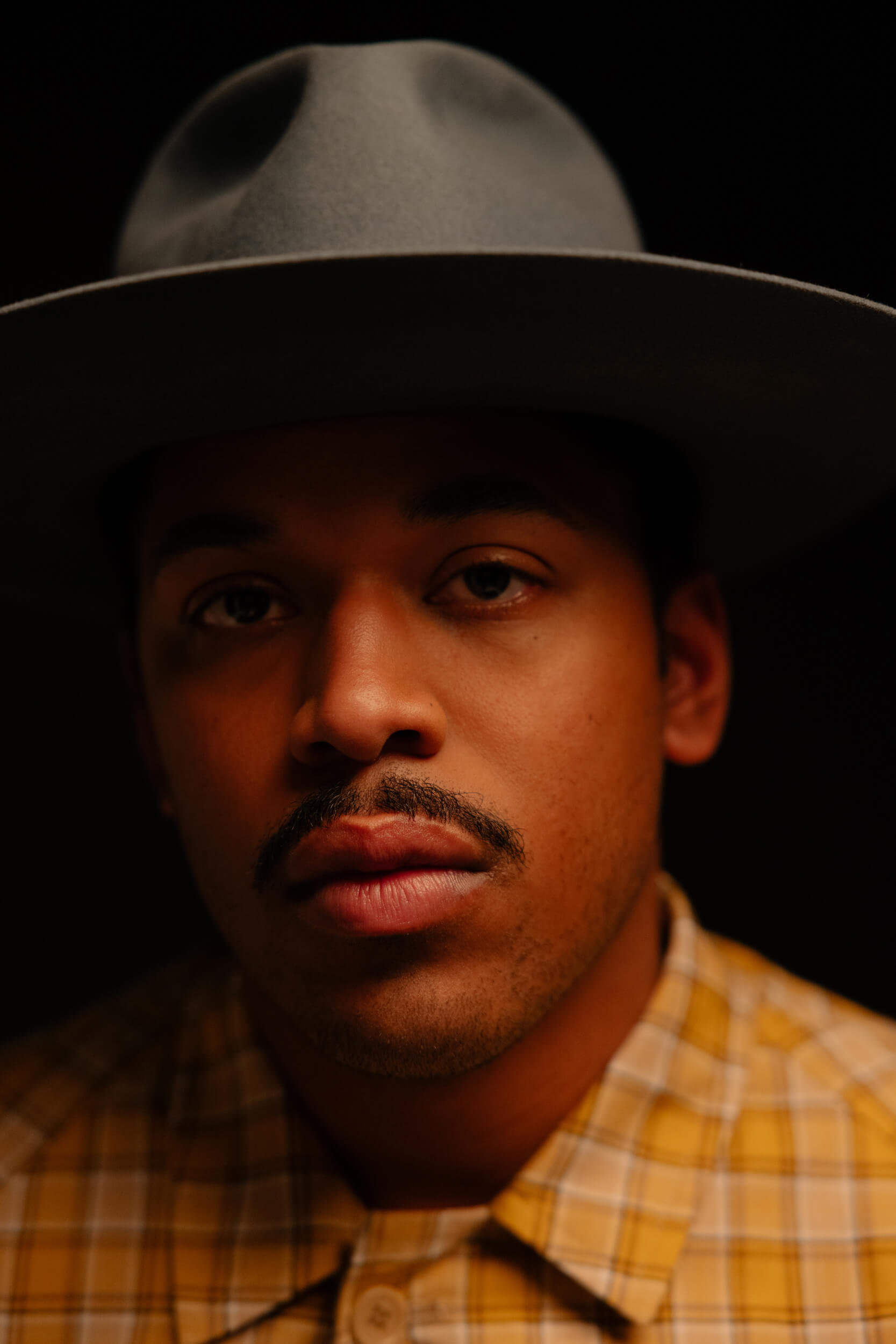
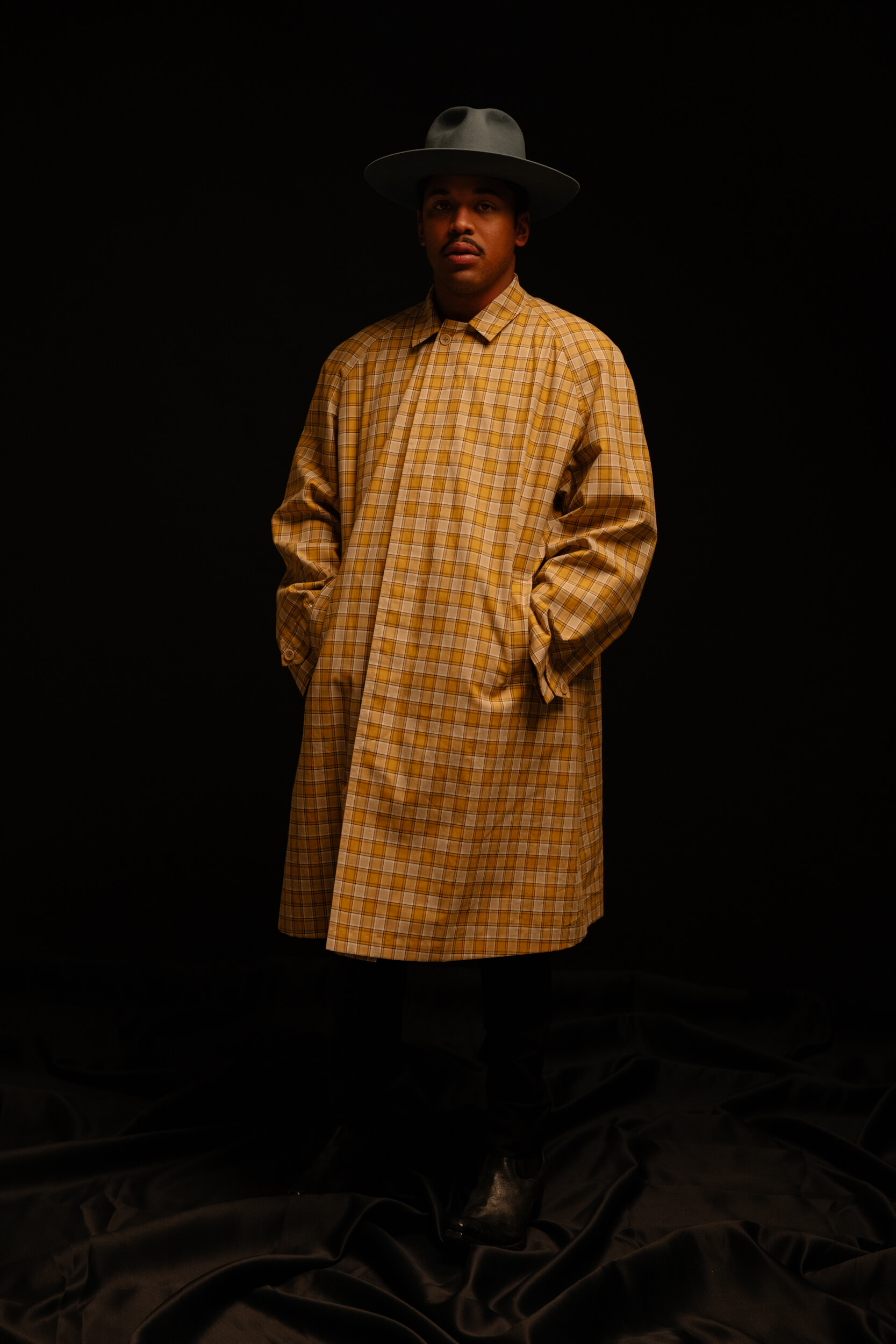
What’s your happy place?
The bed! I love to sleep even though I don’t get a lot of it. Then, I love “Big Brother”, if I’m watching “Big Brother”, I’m happy. And the pool, I love to be in the pool. Do you know what I’d want? A bed, in the pool, while watching “Big Brother”, and a Piña colada! [laughs]
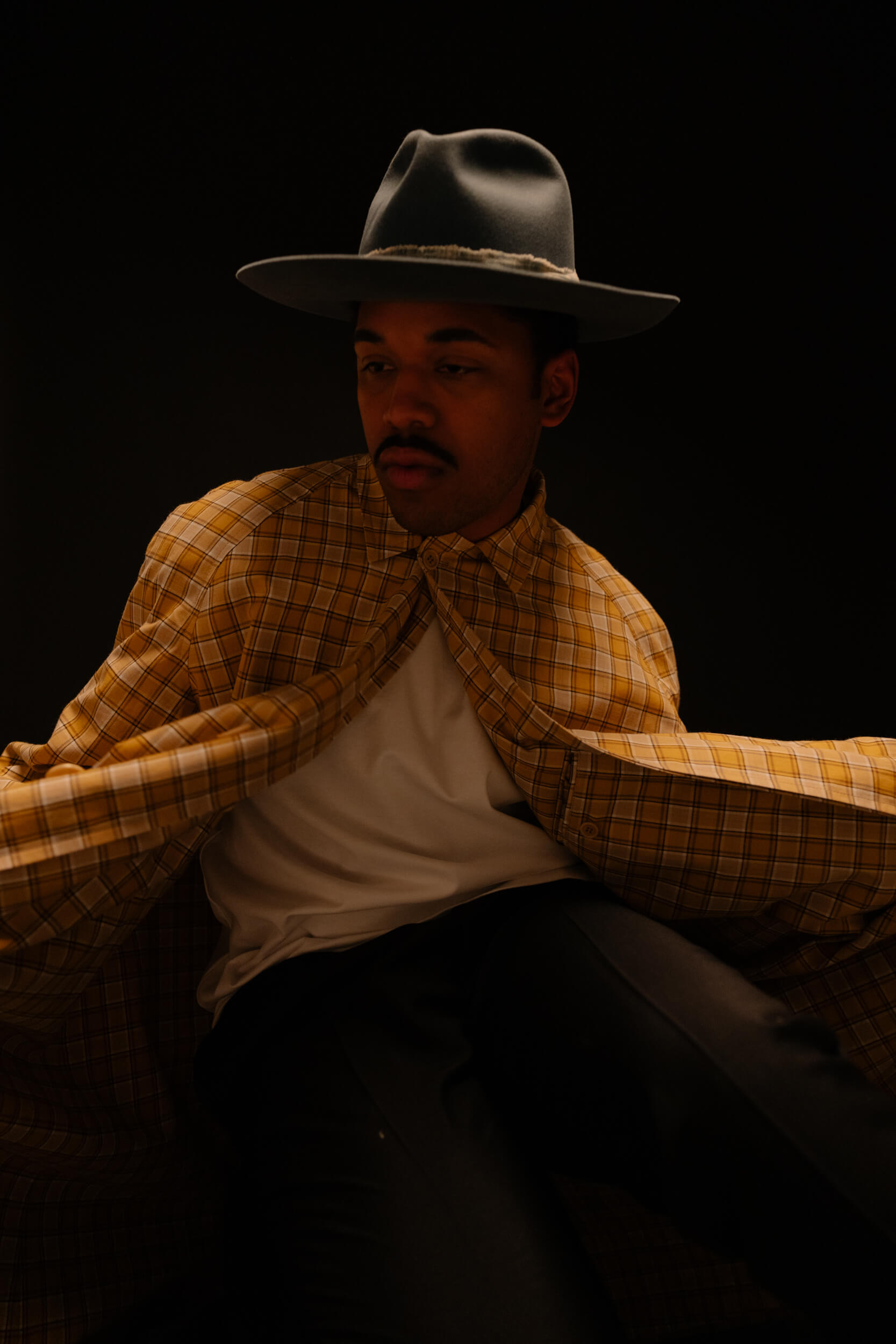
Photos & Video by Johnny Carrano.
Grooming by Emma Day.
Assistant Grooming Serena Placier.
Styling by Michael Fisher.
Total Looks by Prada.
Thanks to Prada.
Hats by Worth & Worth.
Thanks to Presse Public Relation.

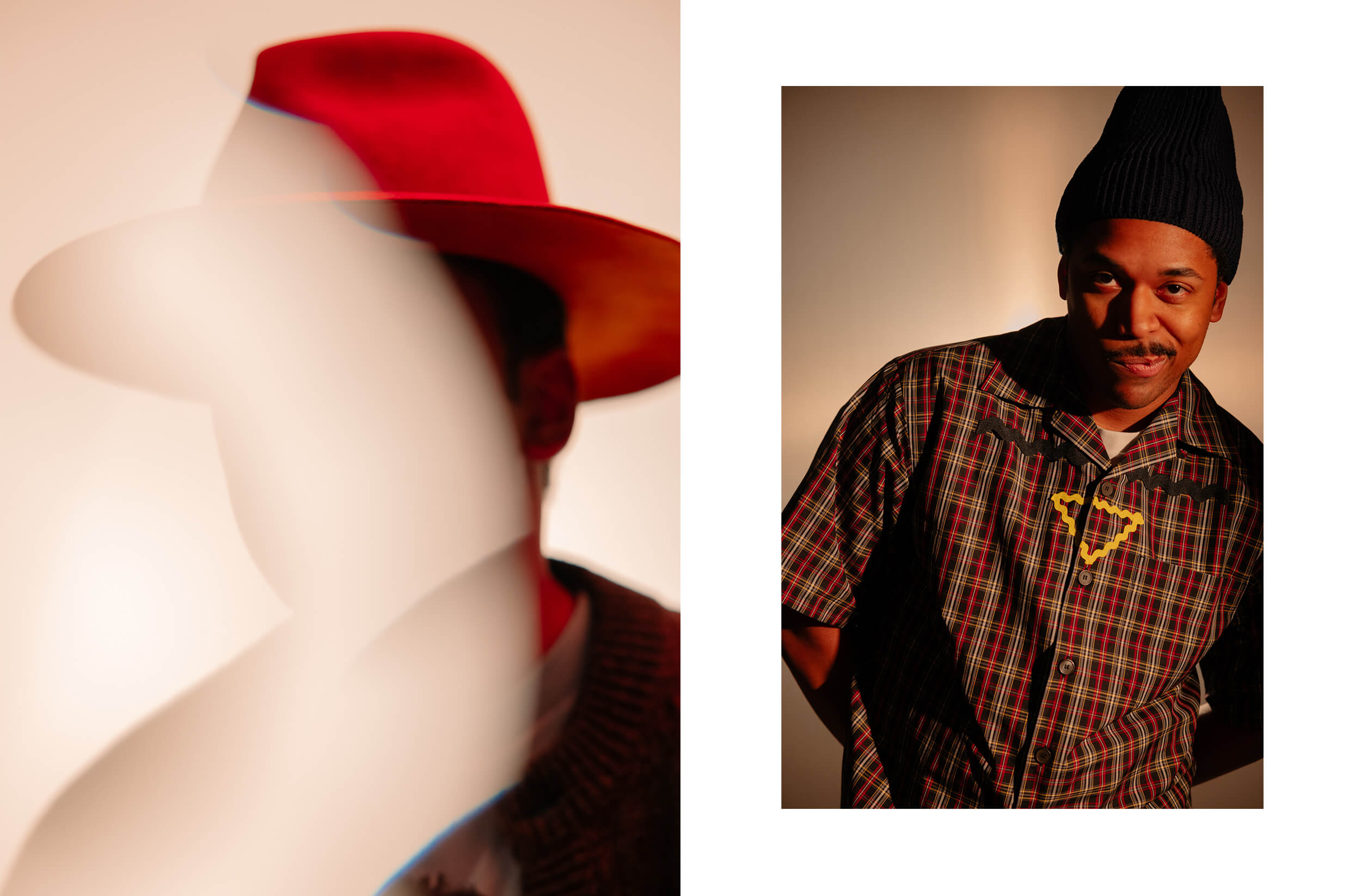




I read the whole interview, because I don’t know , I’m obsessed with Kelvin and his passion. I can tell that he knows what he wants and how he is going to get what he wants which is such a great trait to have at his young age and in this industry and also all I can say is that the whole world needs to know about him , I can’t even compare him and say that (he’s the next will smith or I don’t know Denzel Washington)because his presence on film is unique and different he is amazing at what he does and I can’t even tell you how many times I’ve cried in every film I’ve watched with Kelvin in it . He’s amazing and he is definitely seen by me child , and I want him to know that .